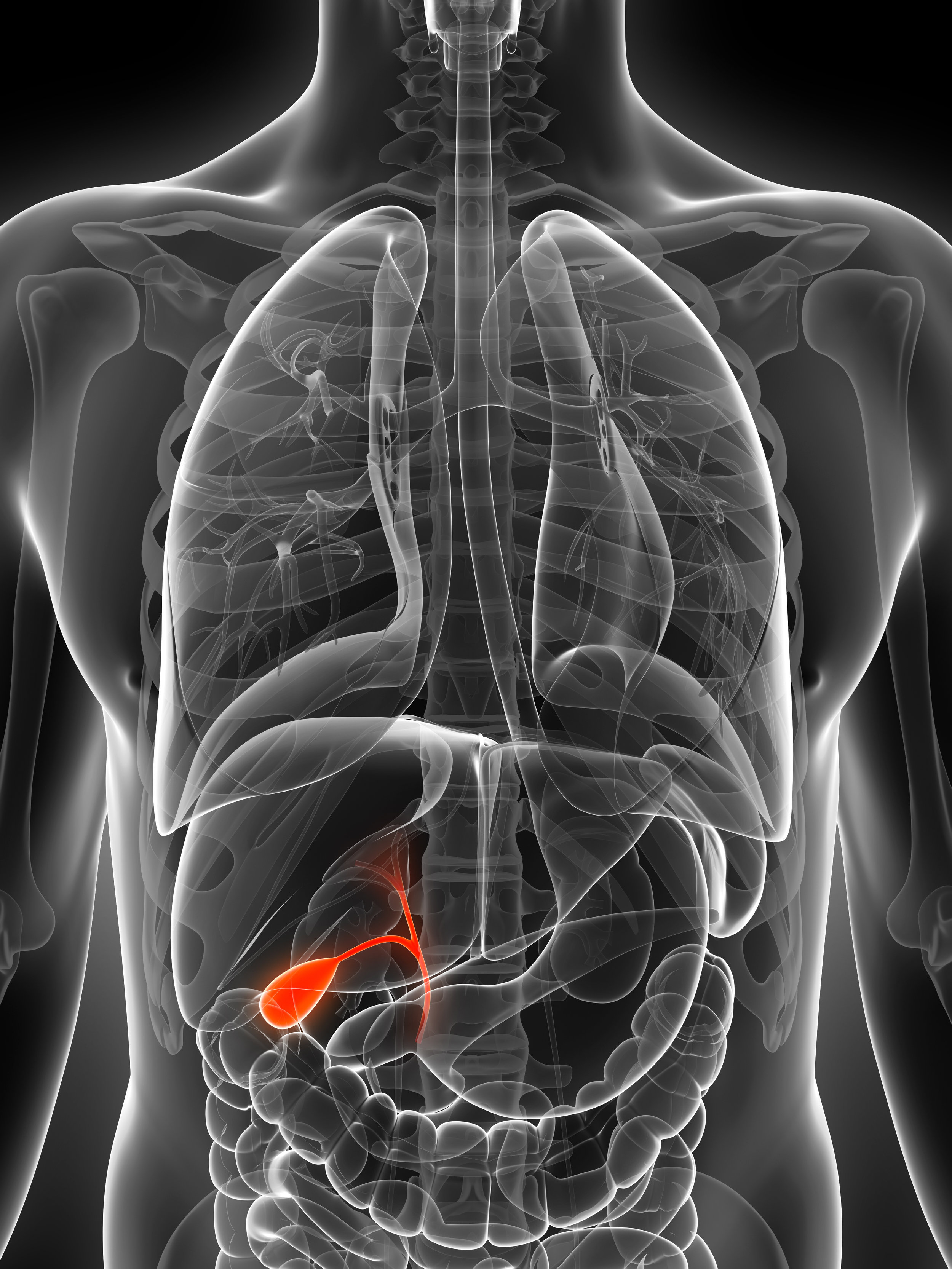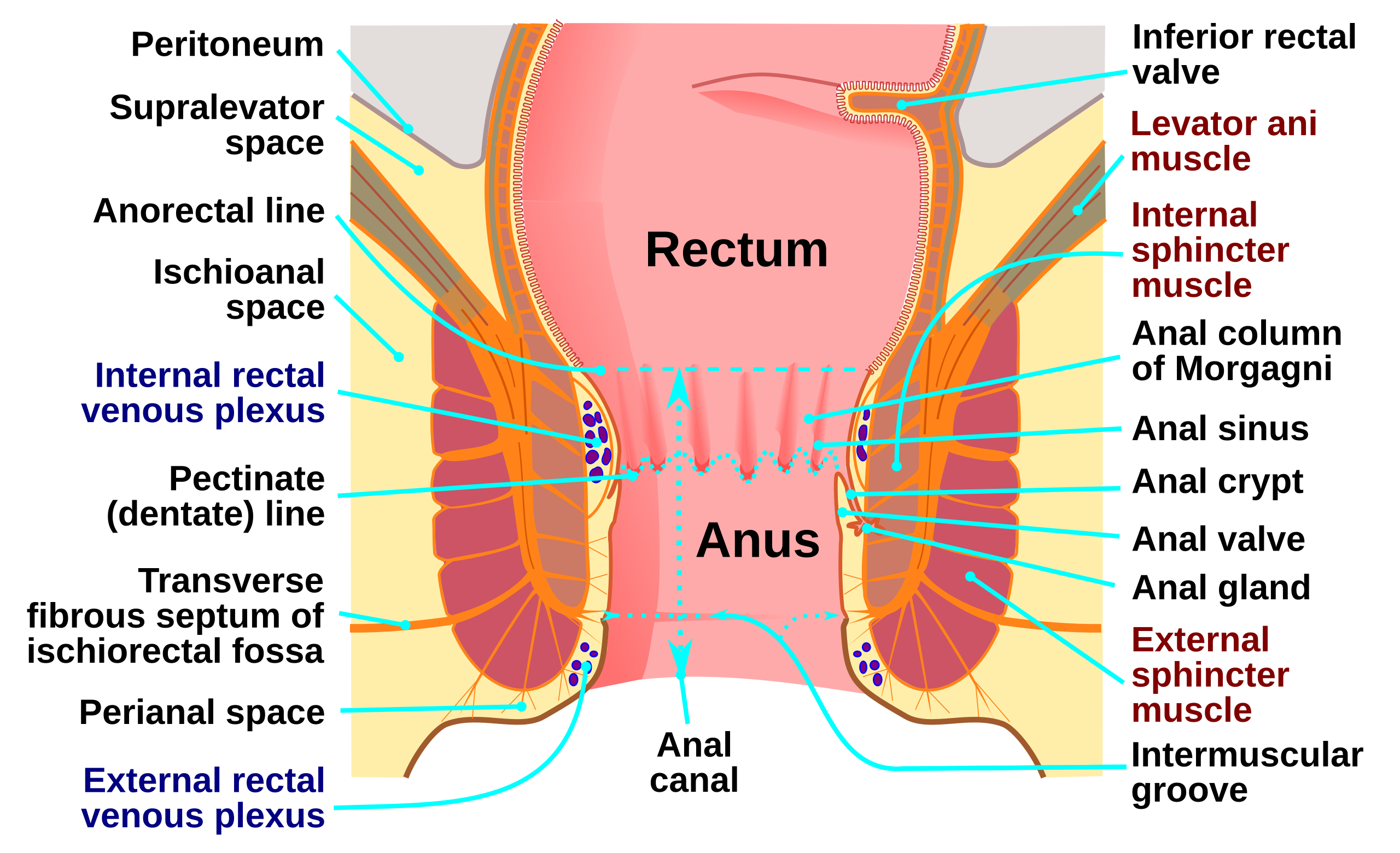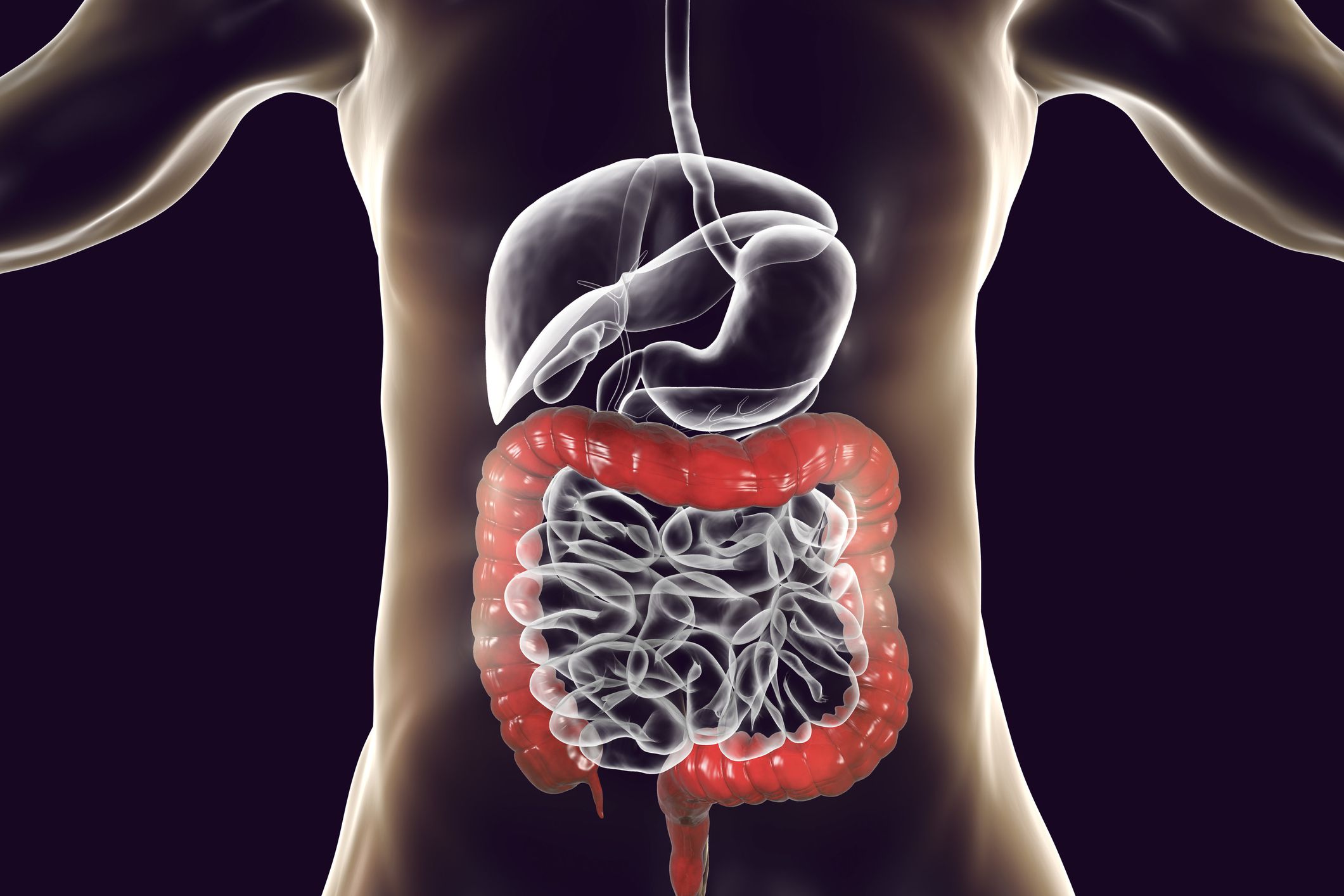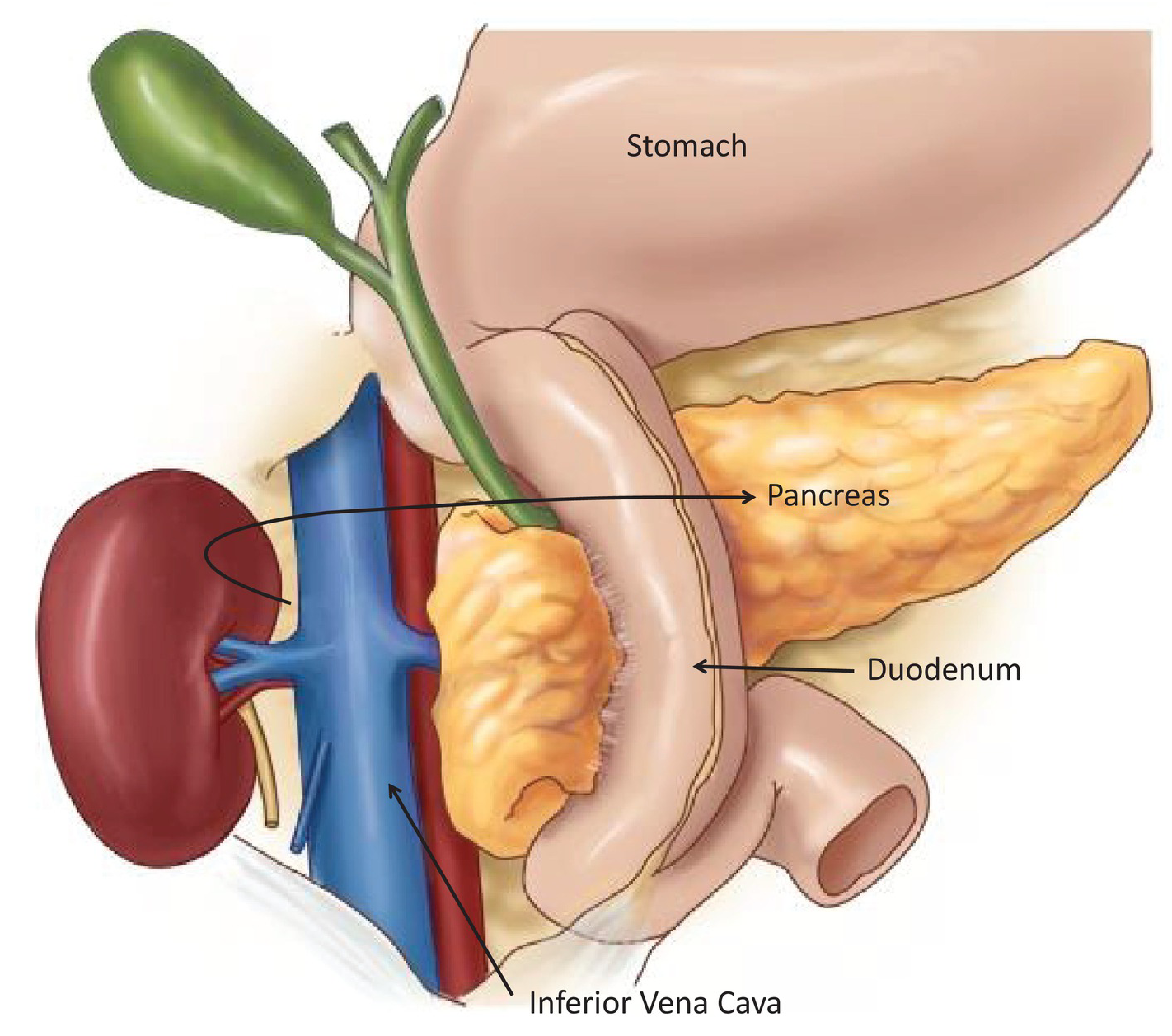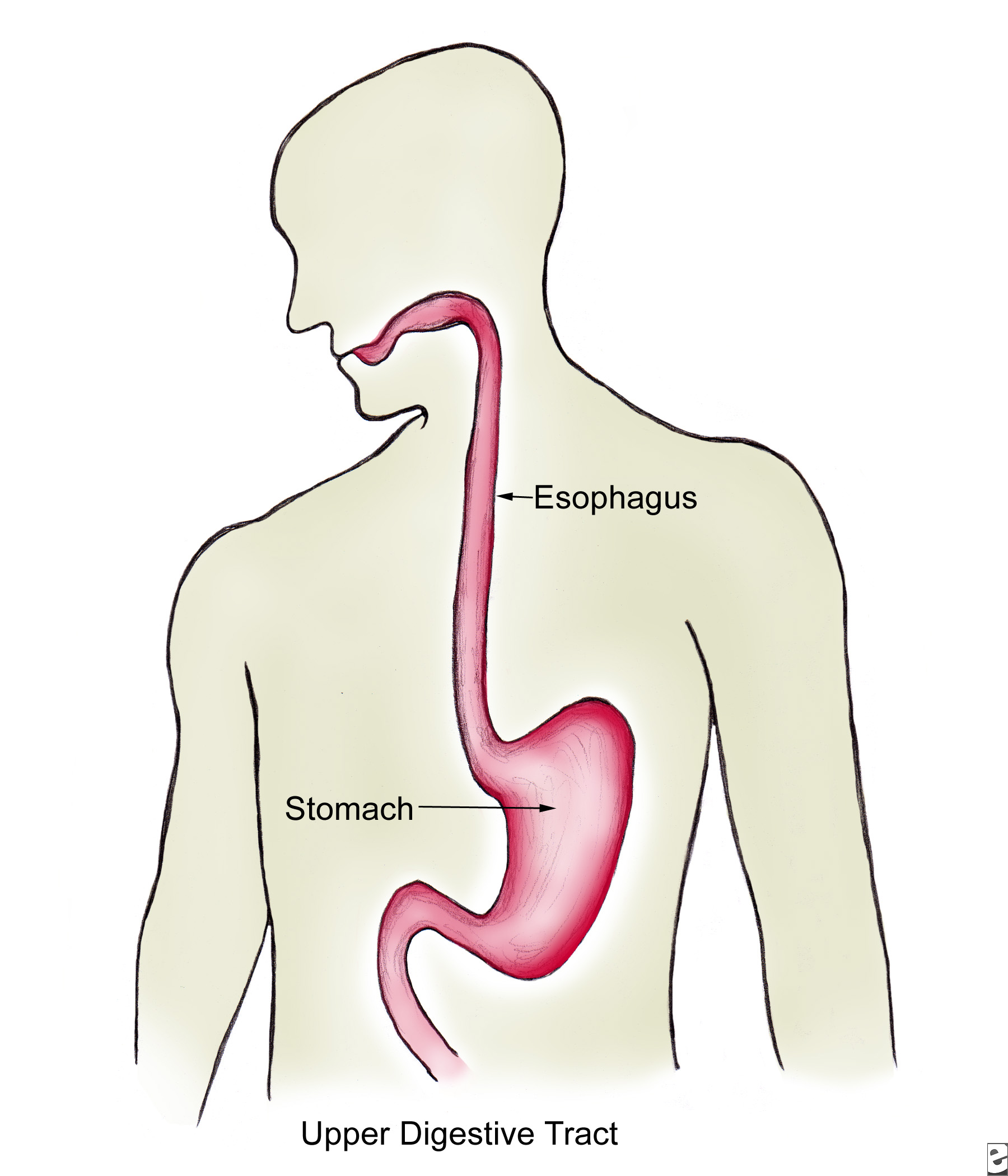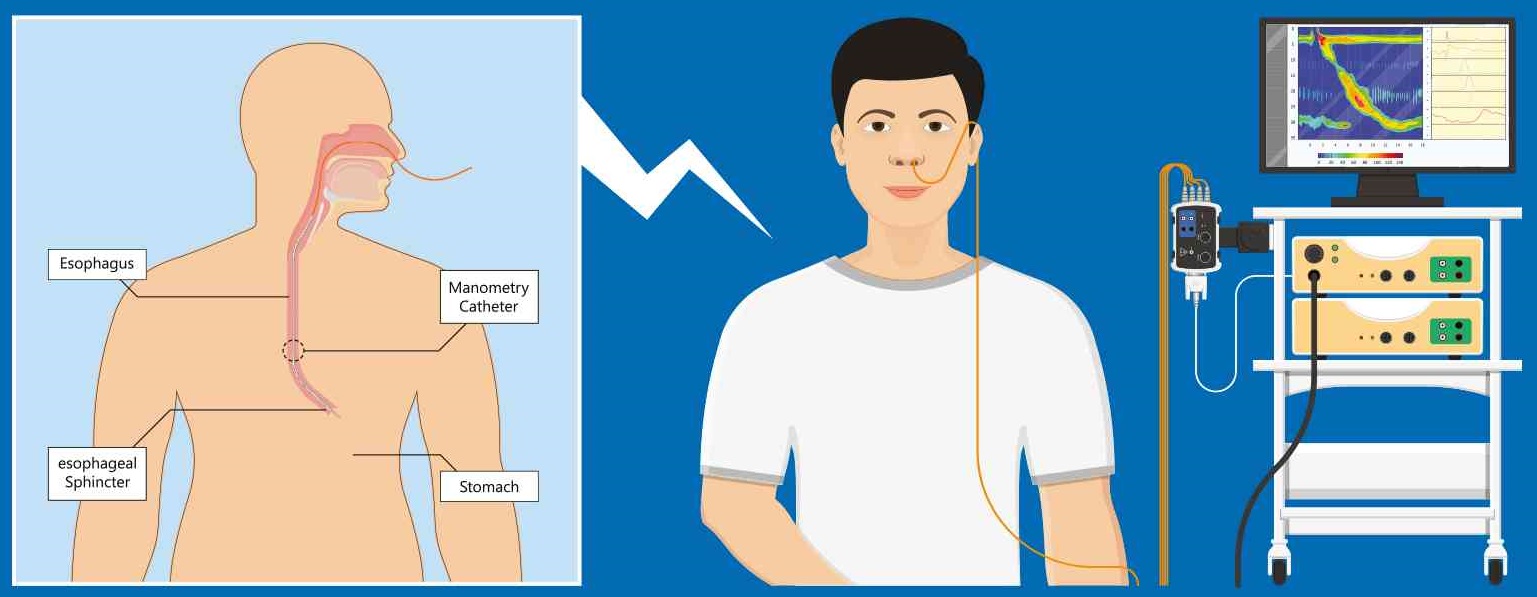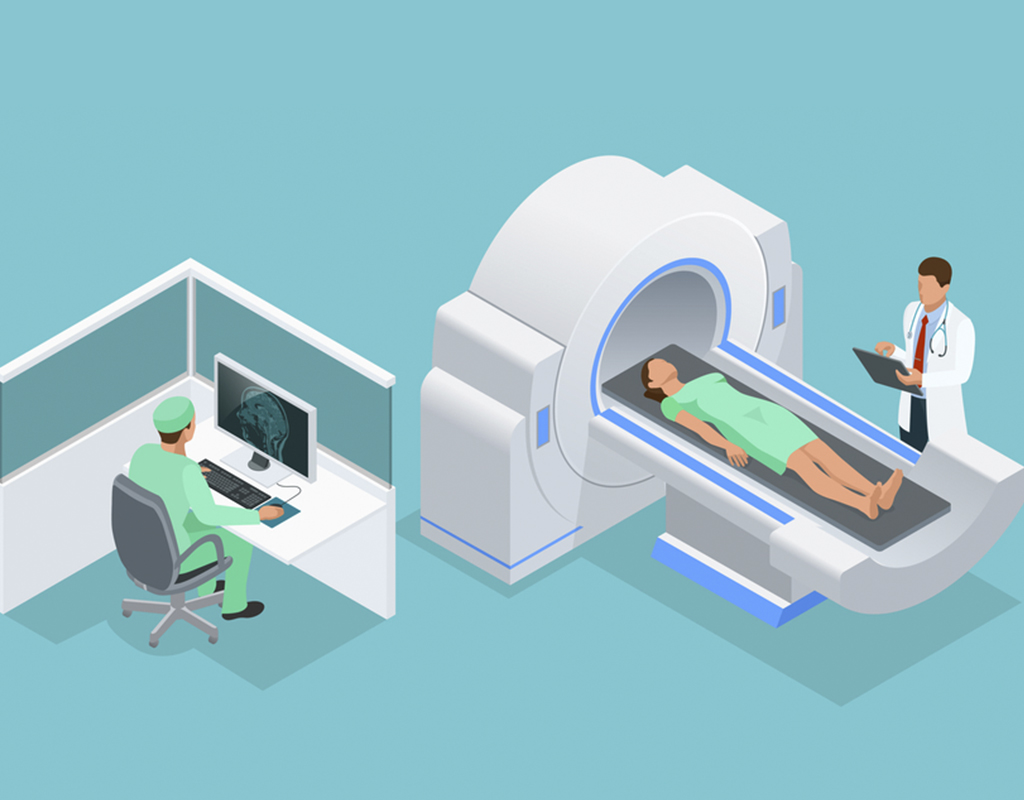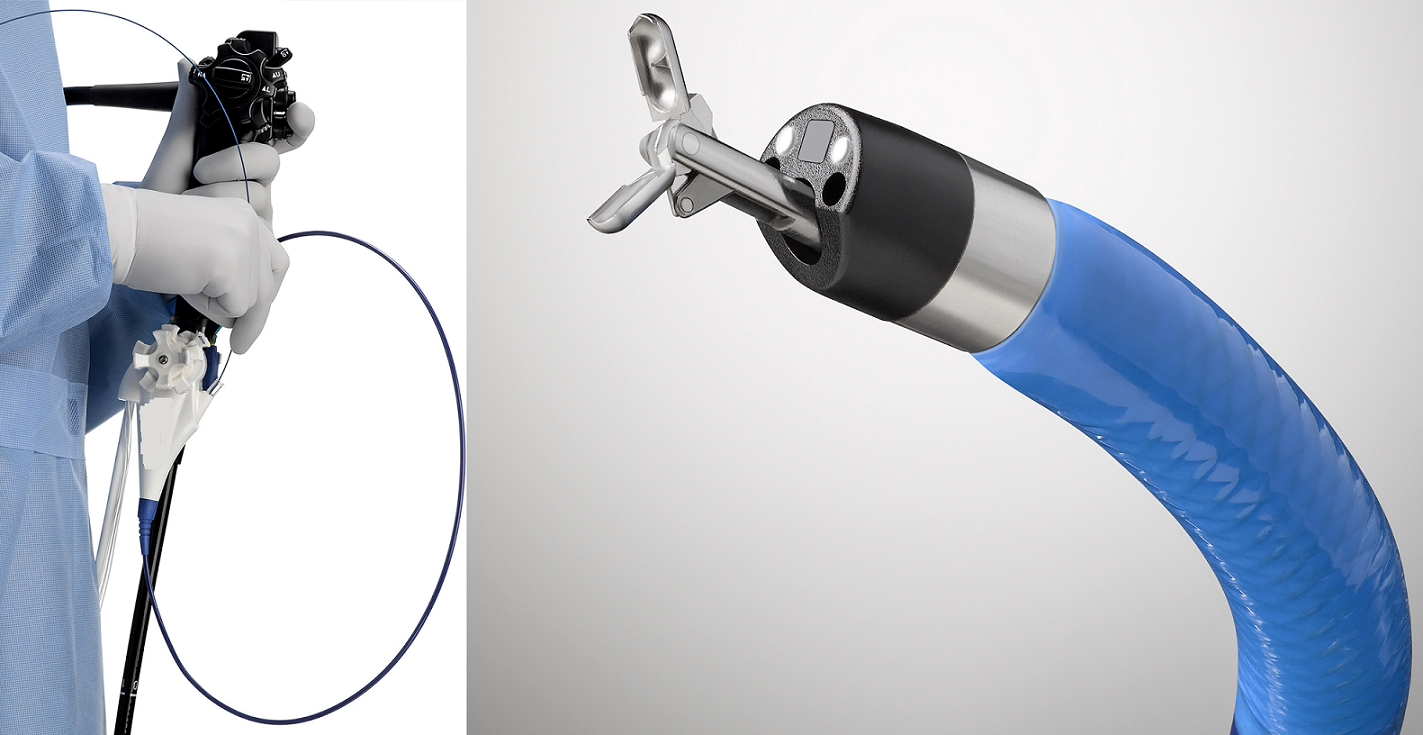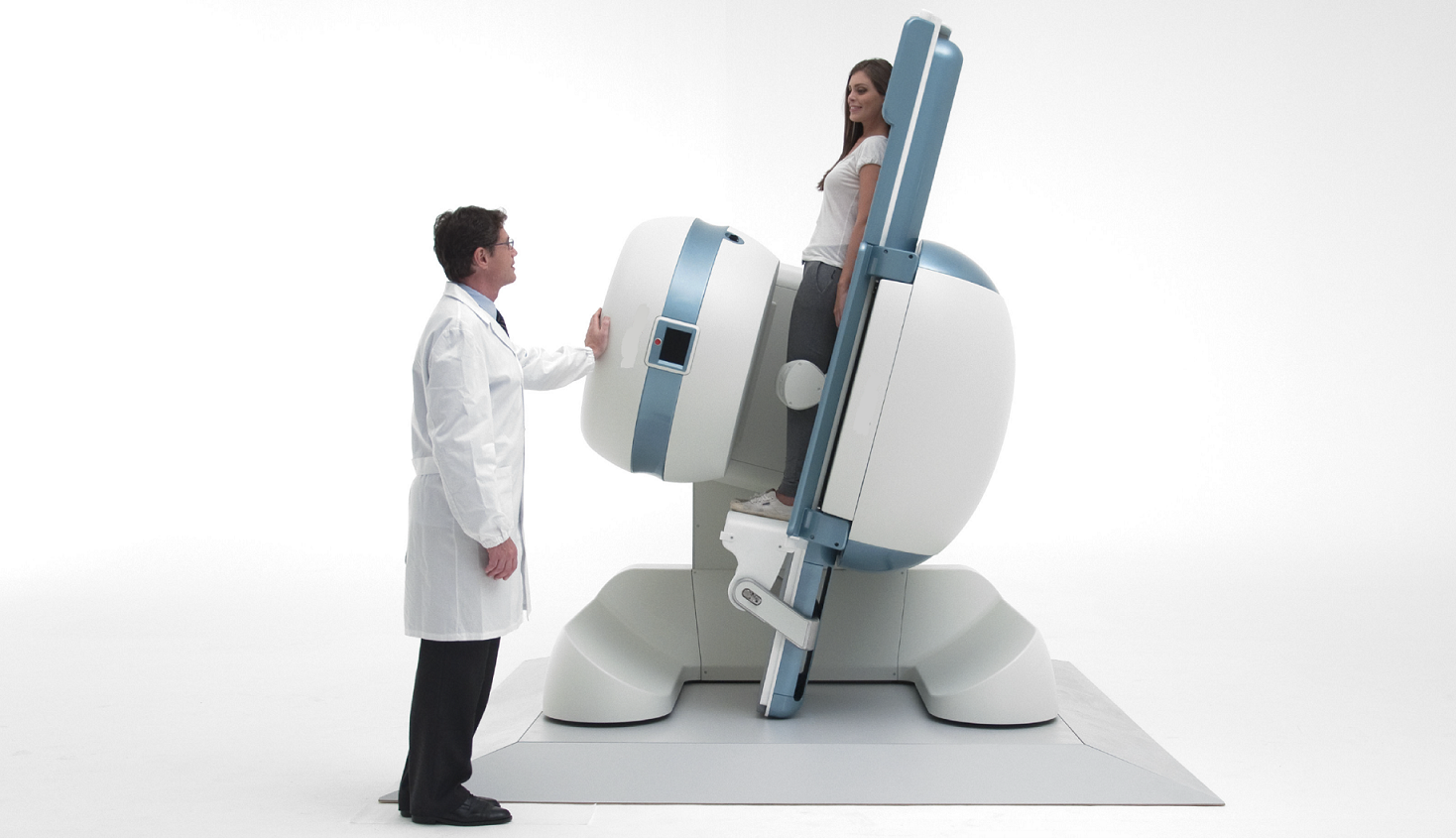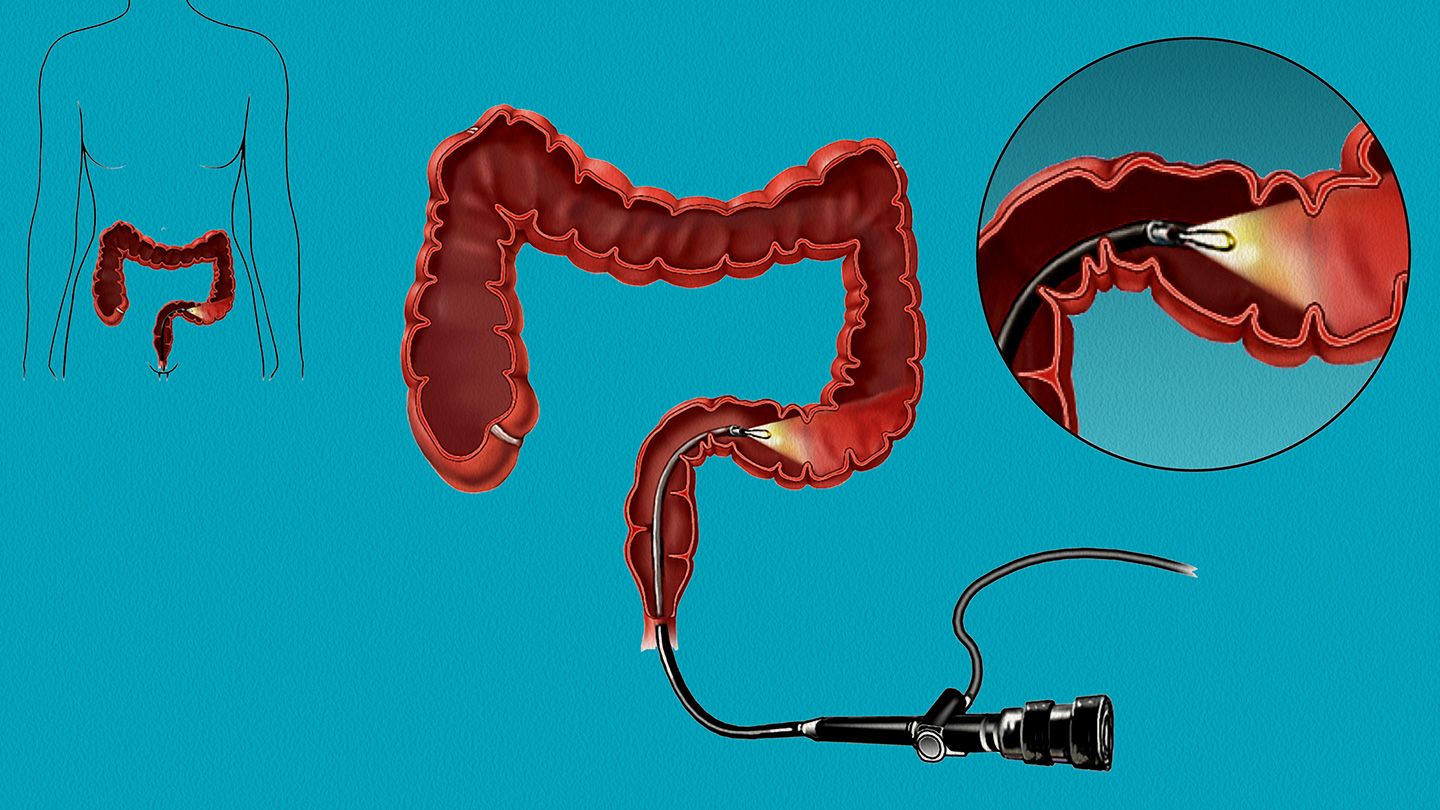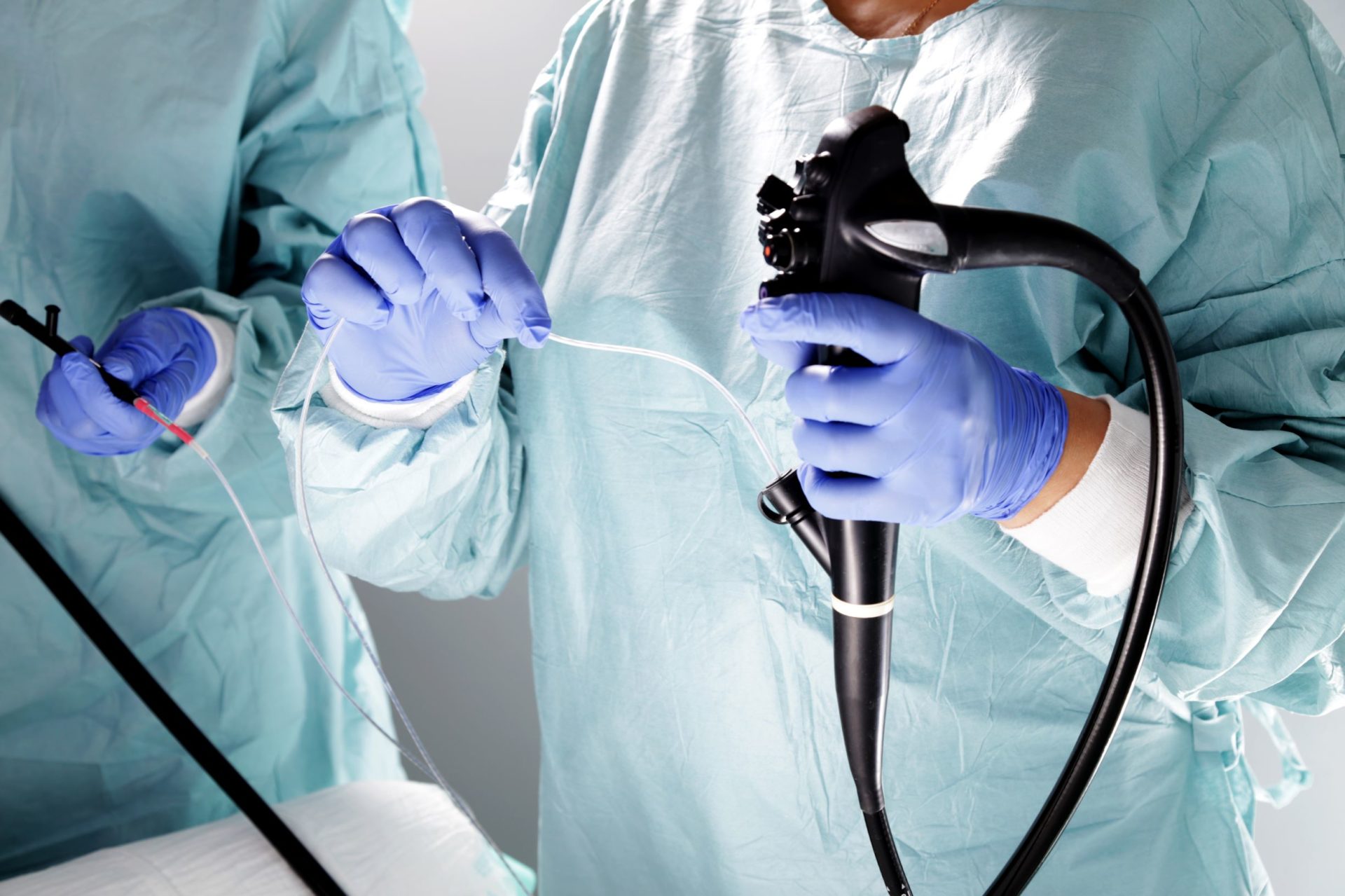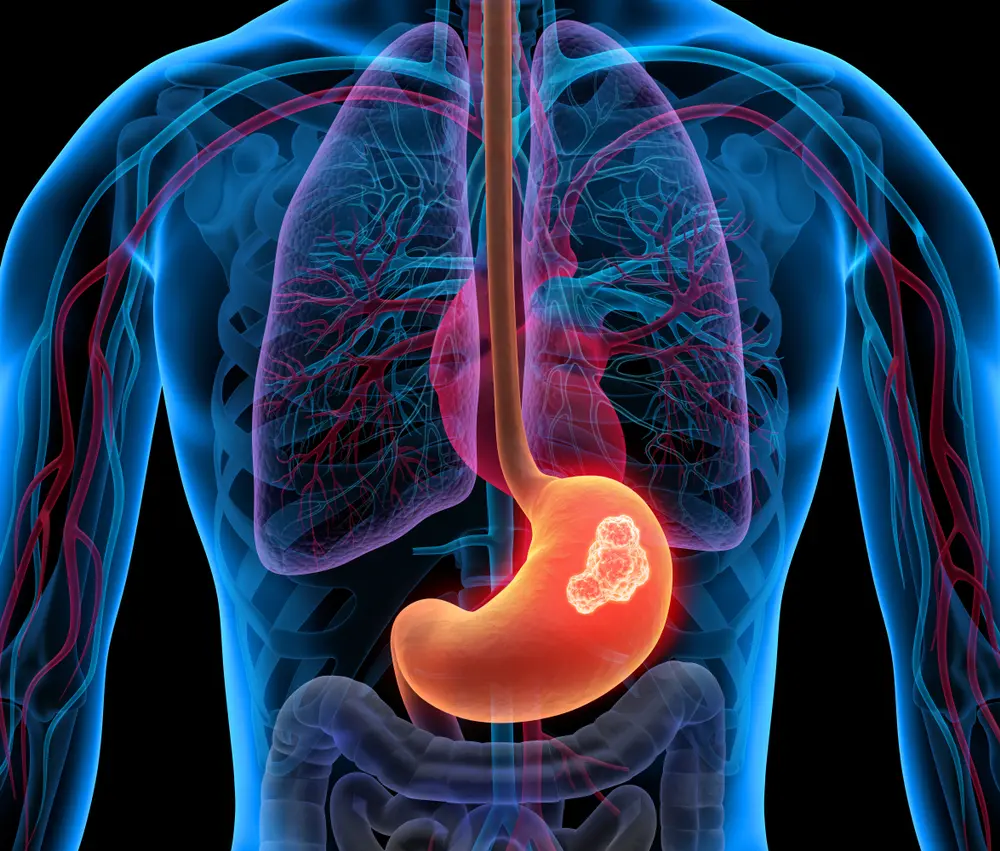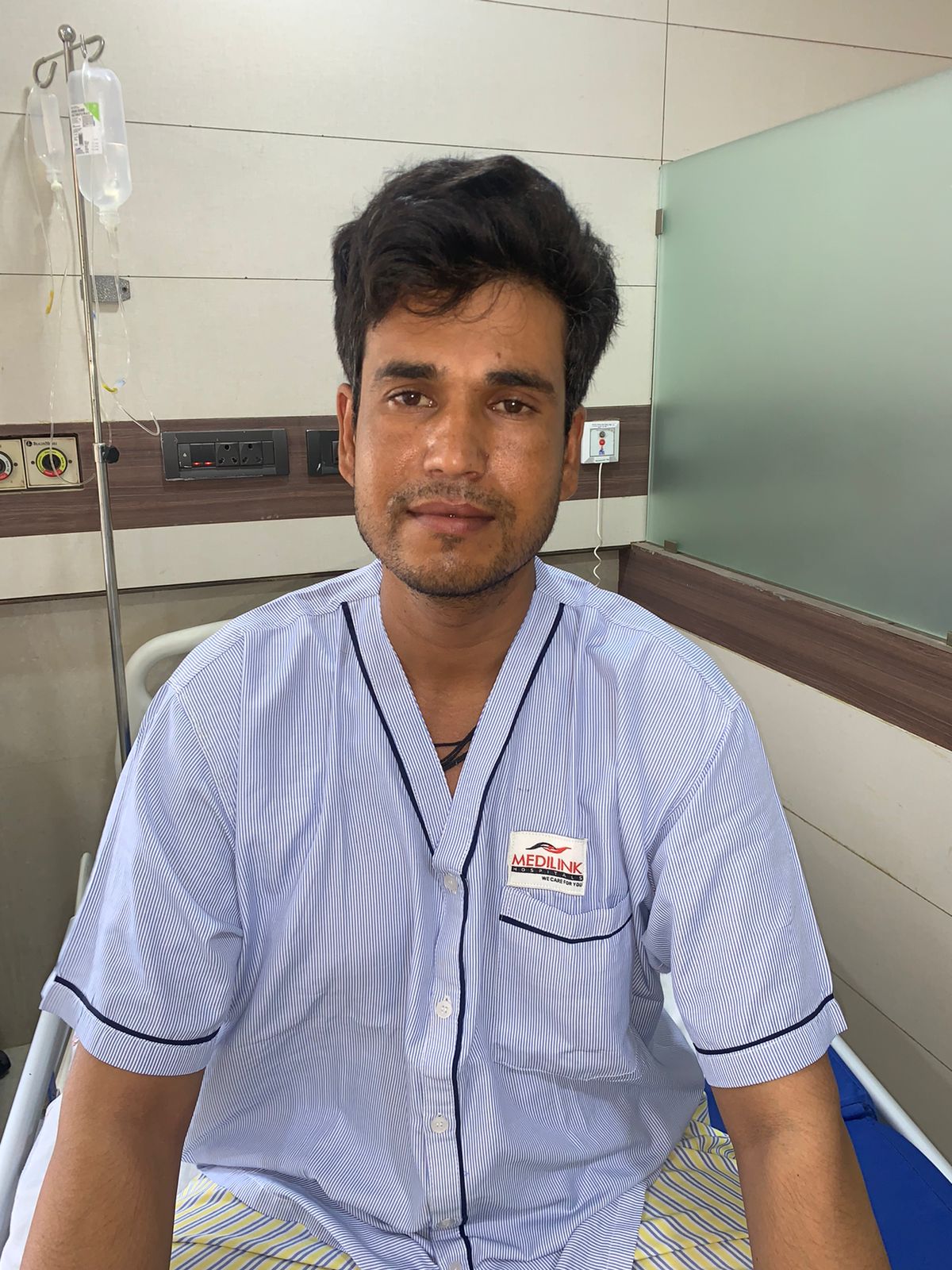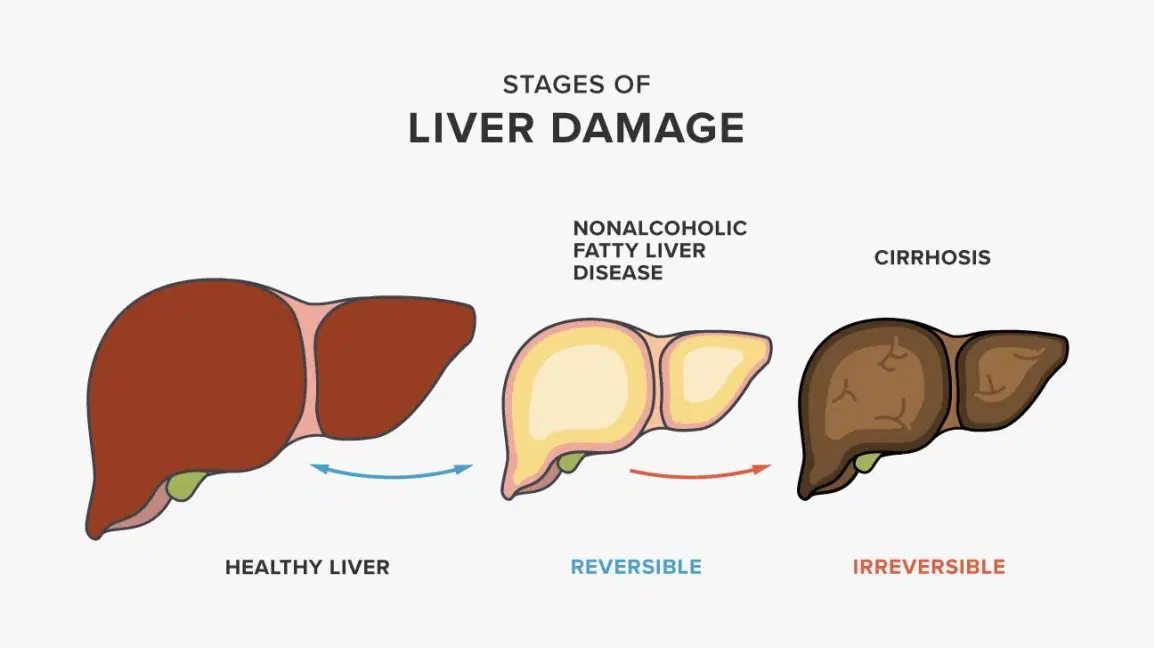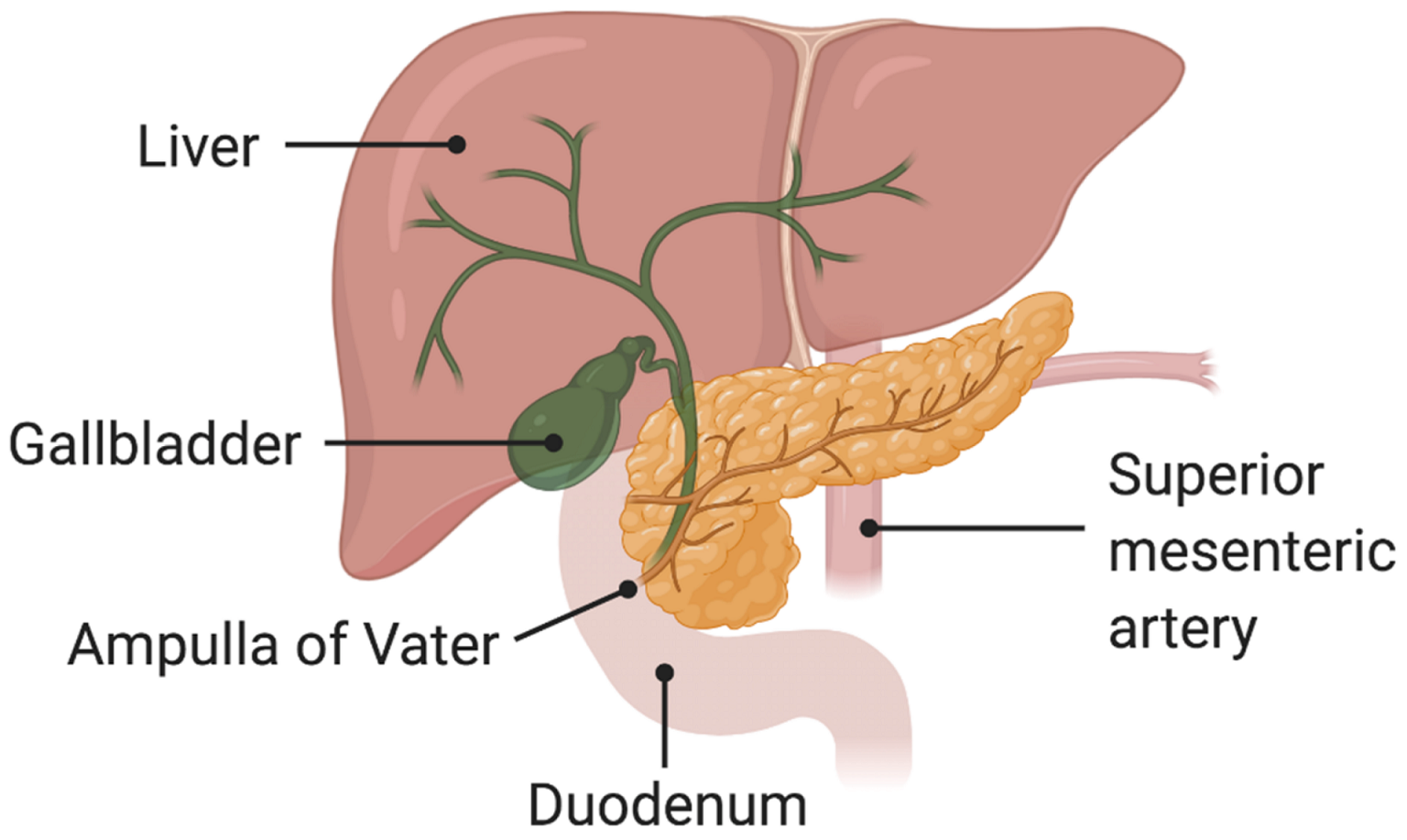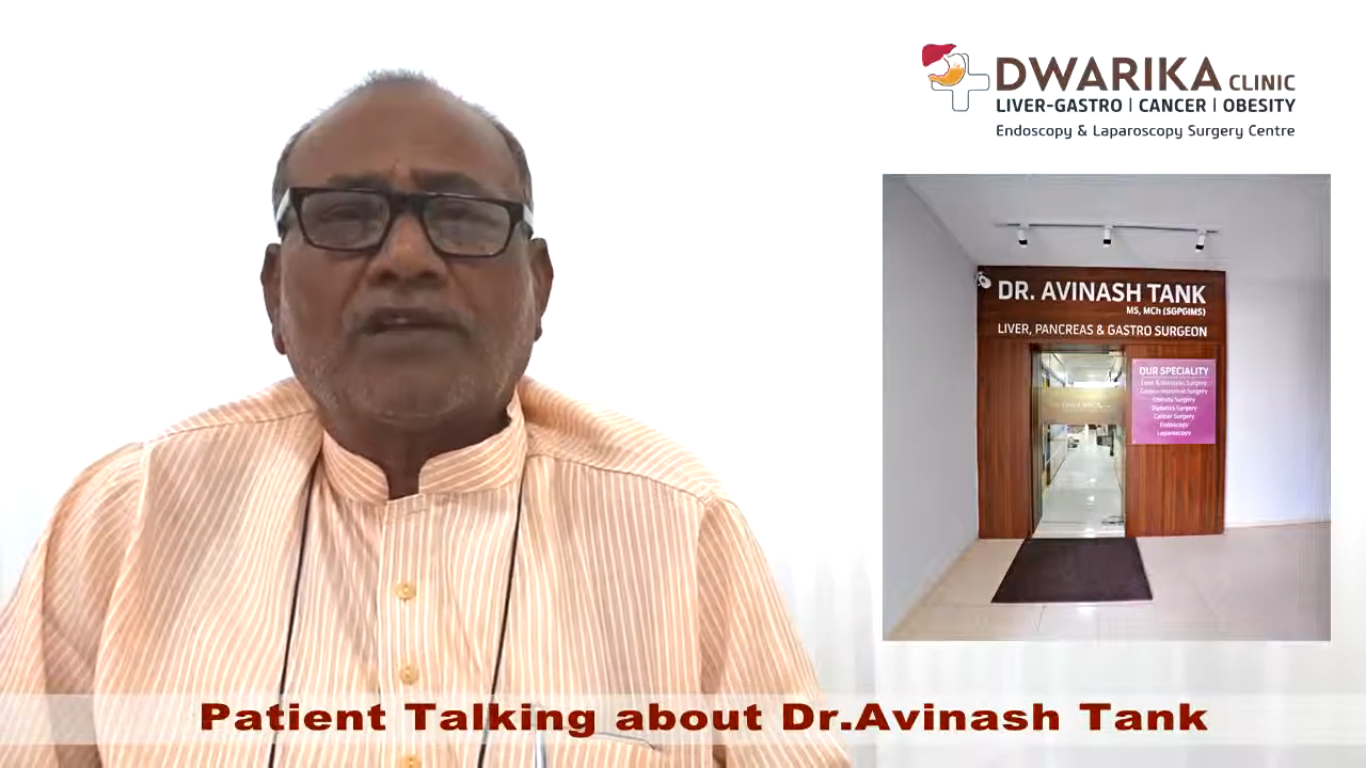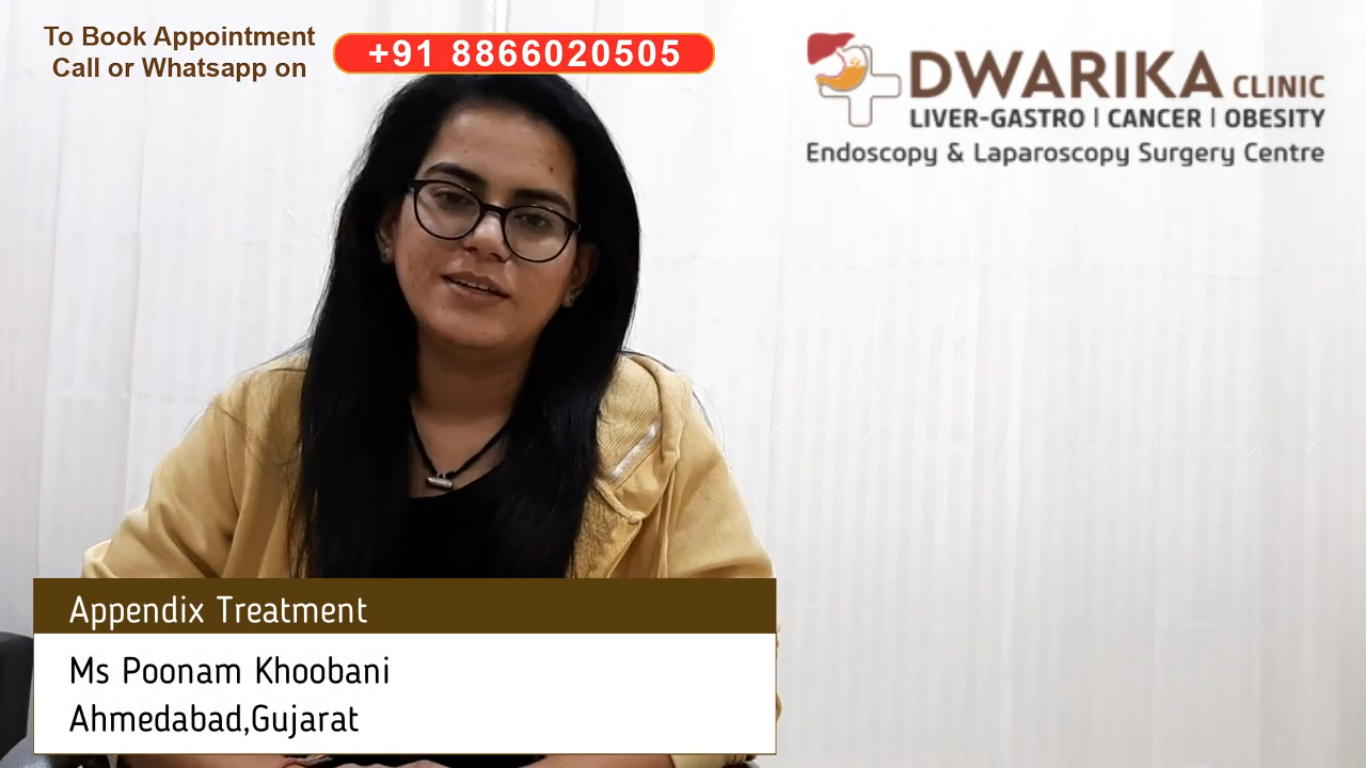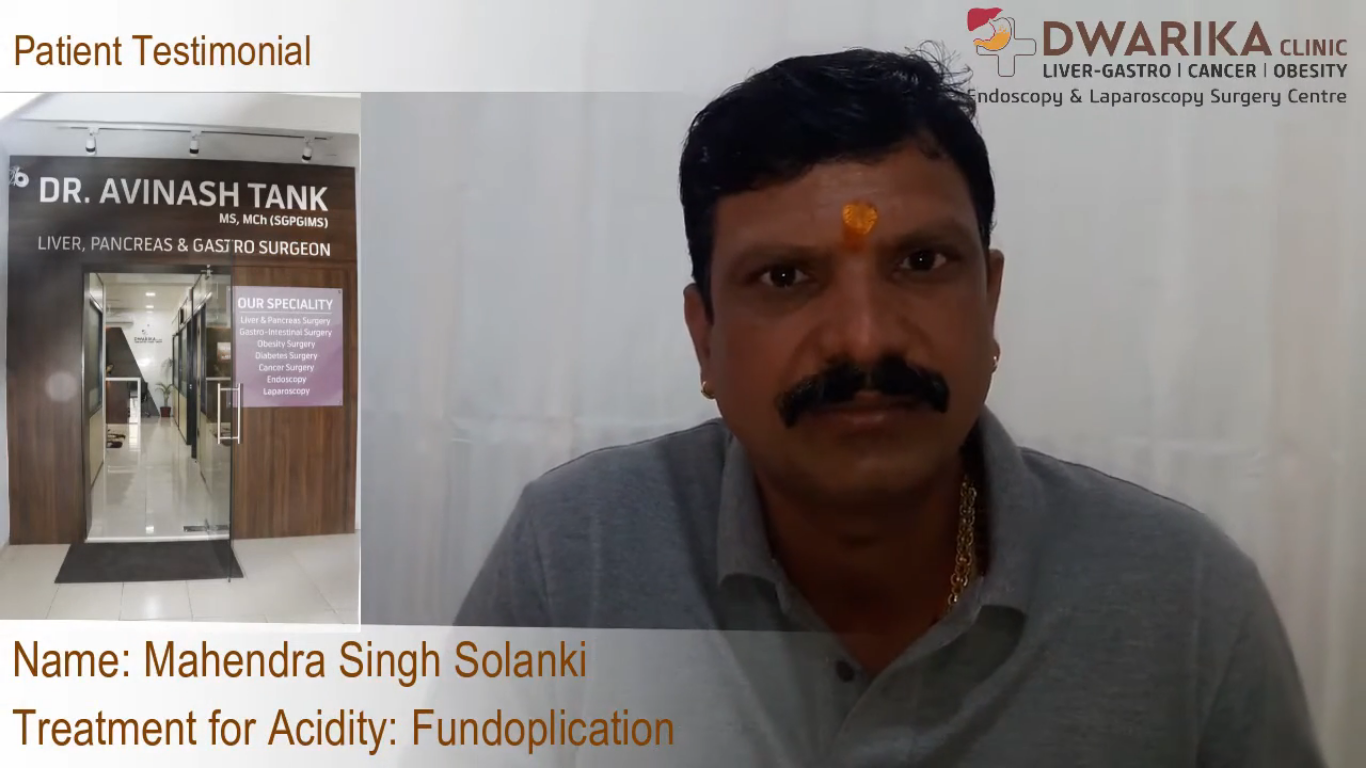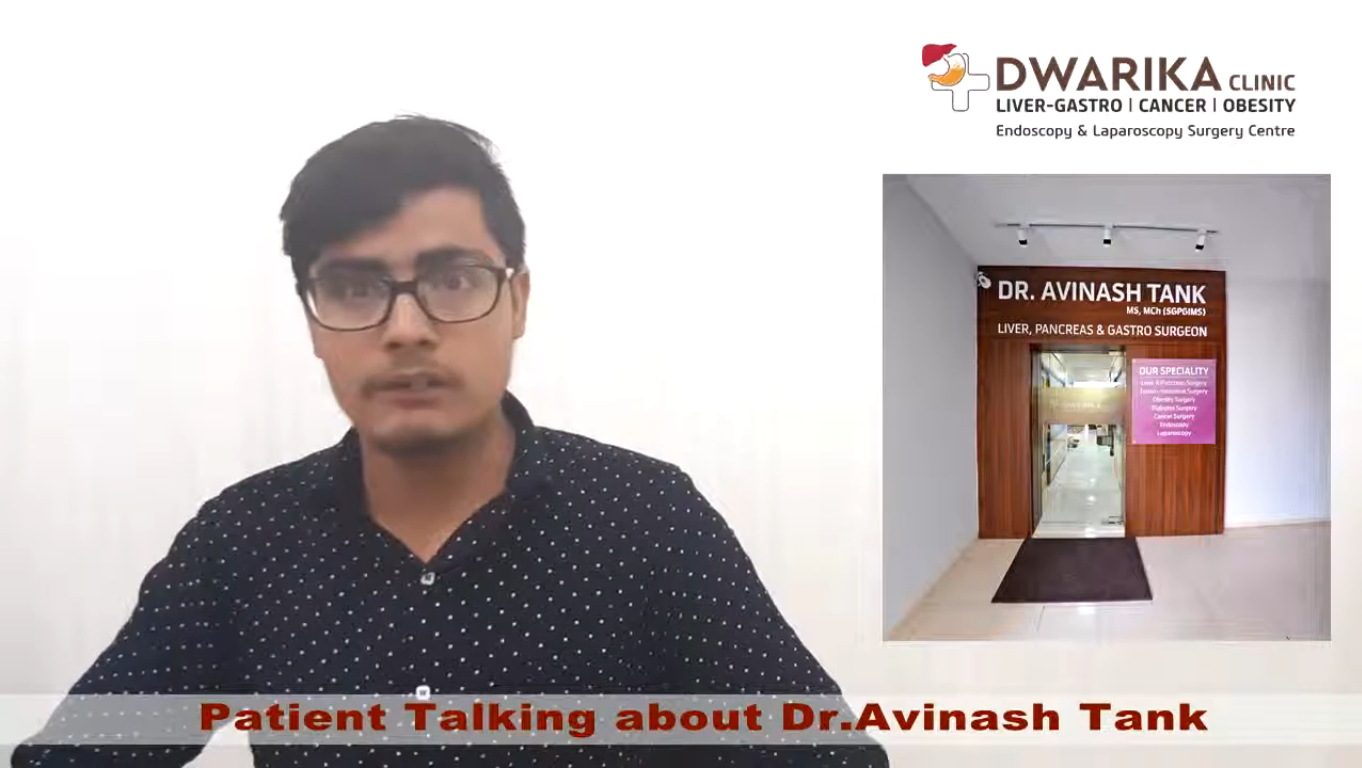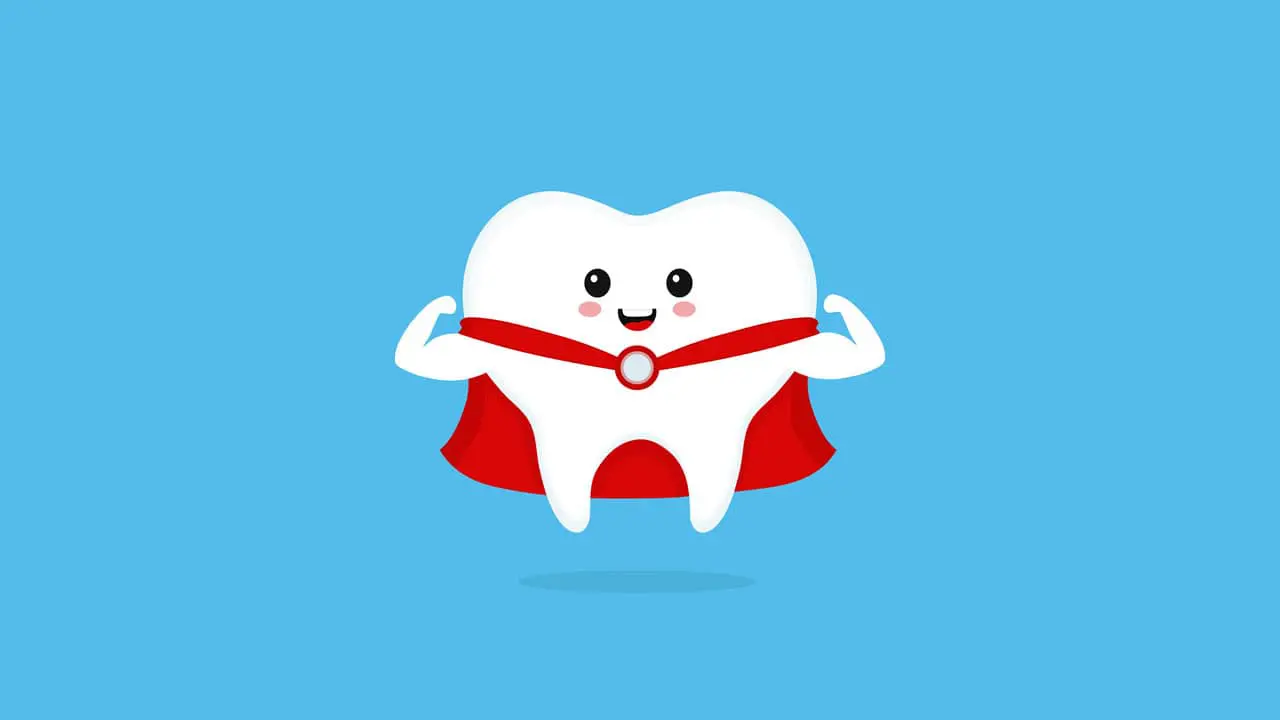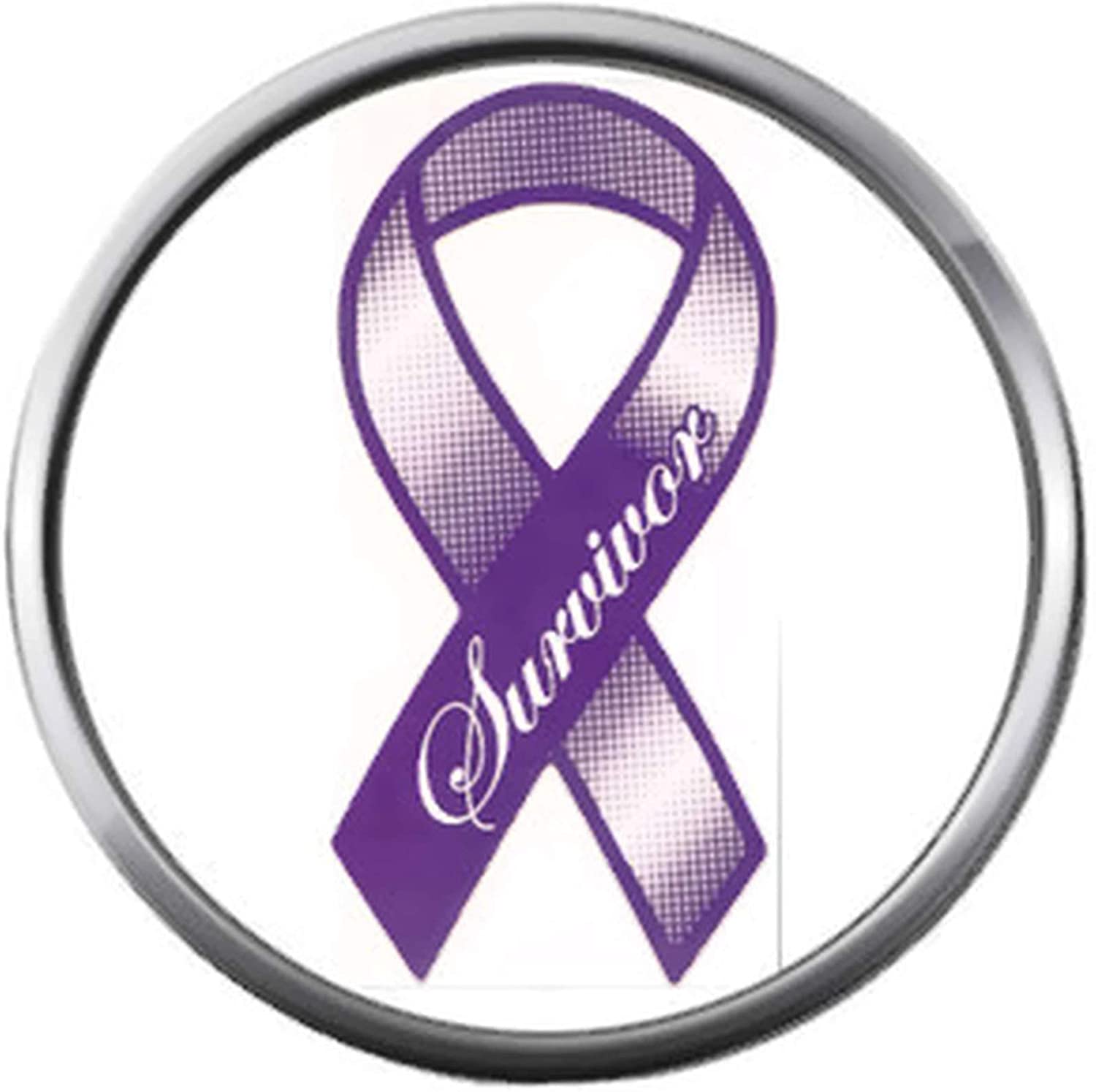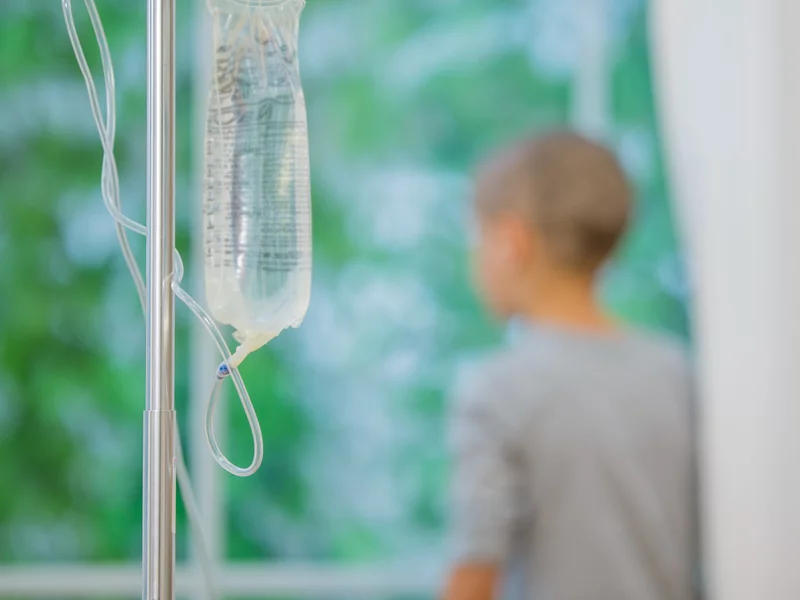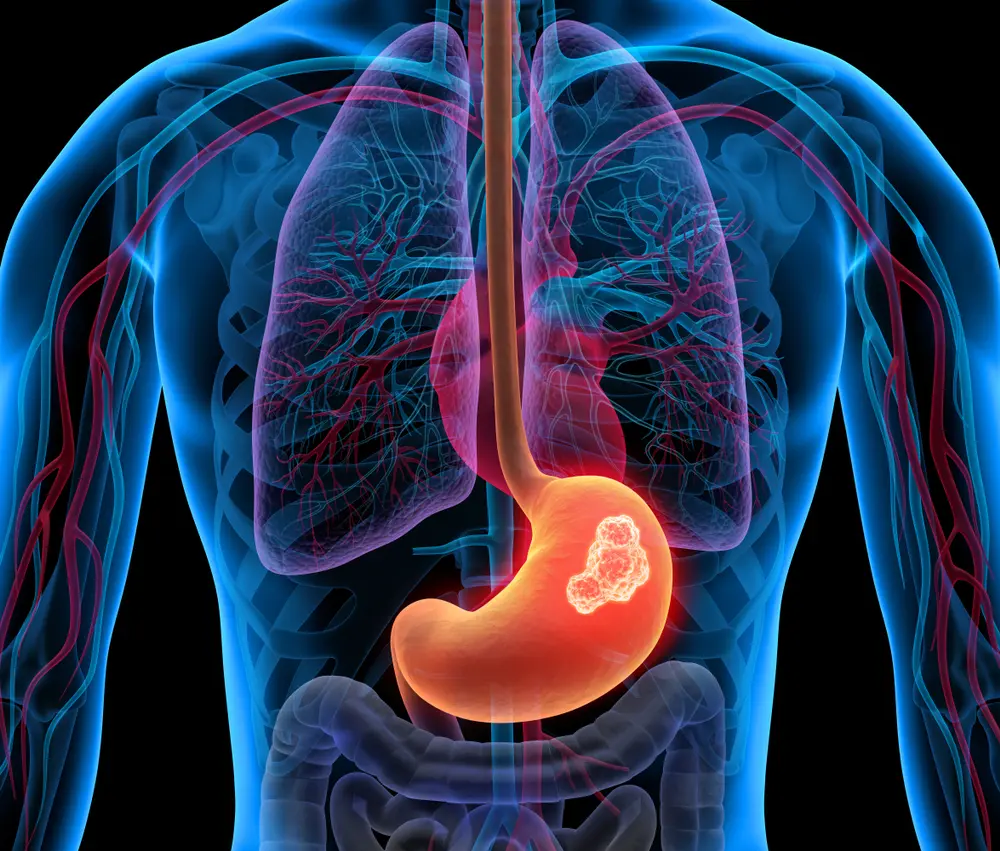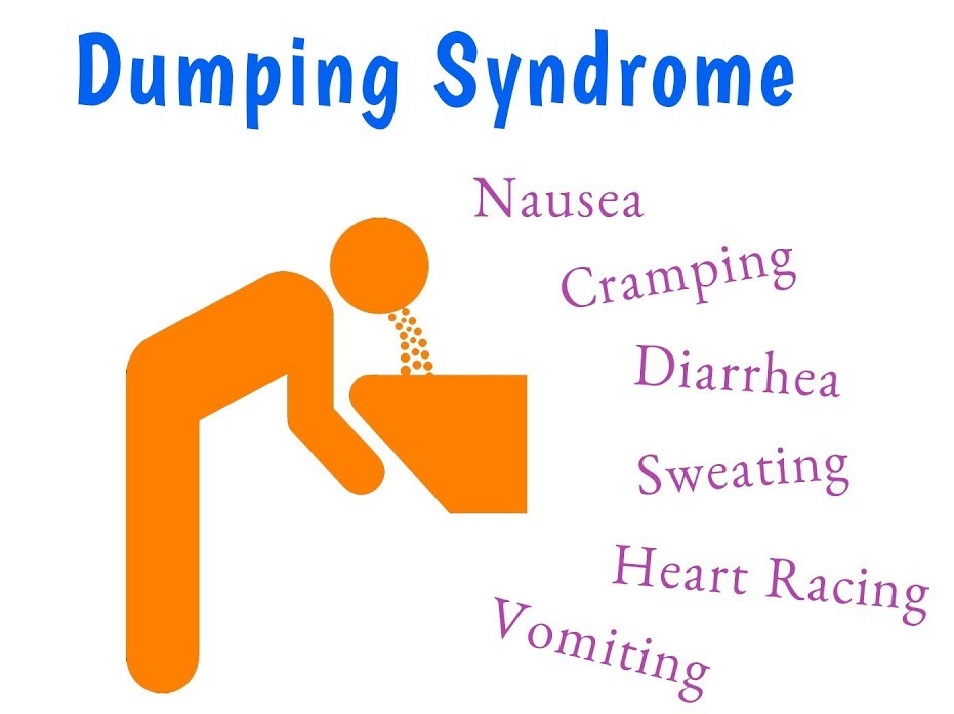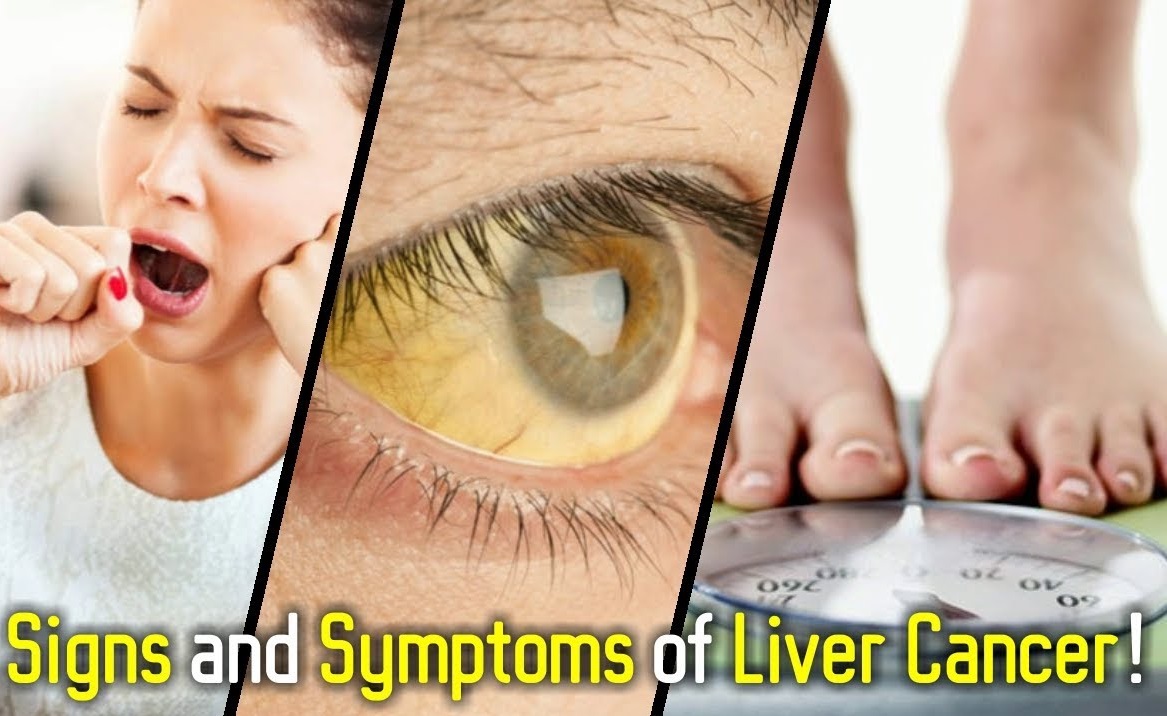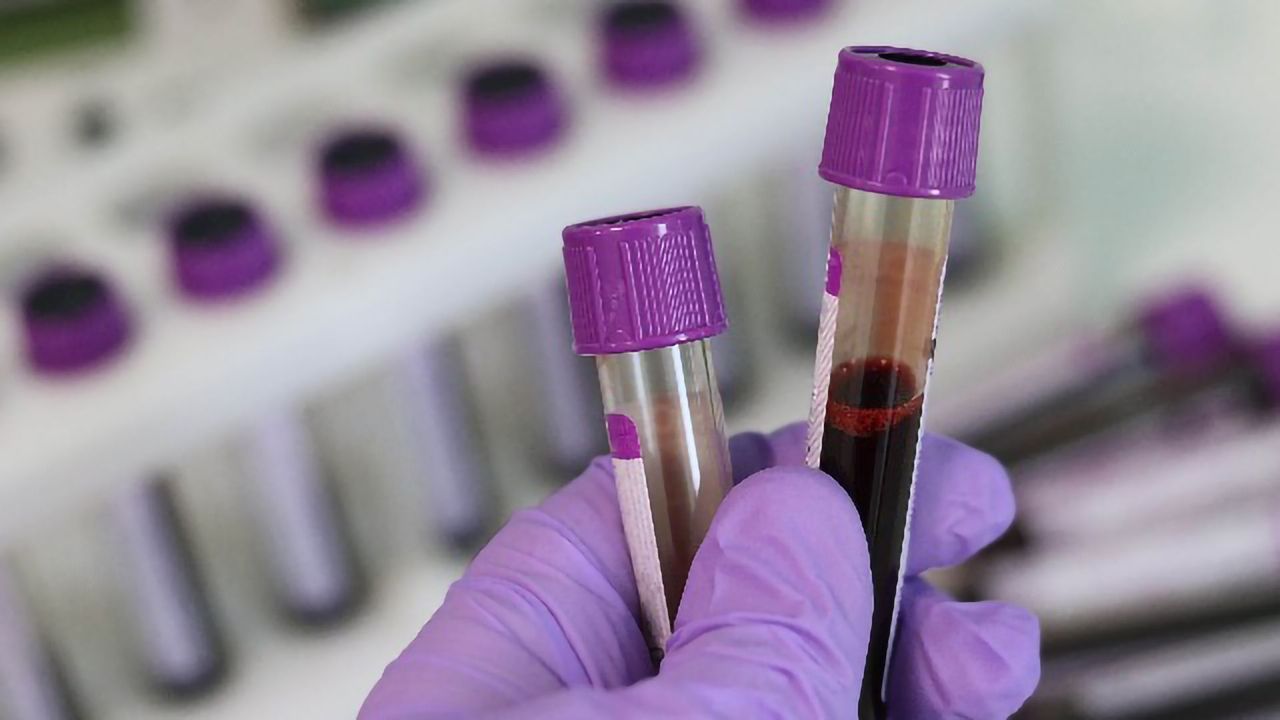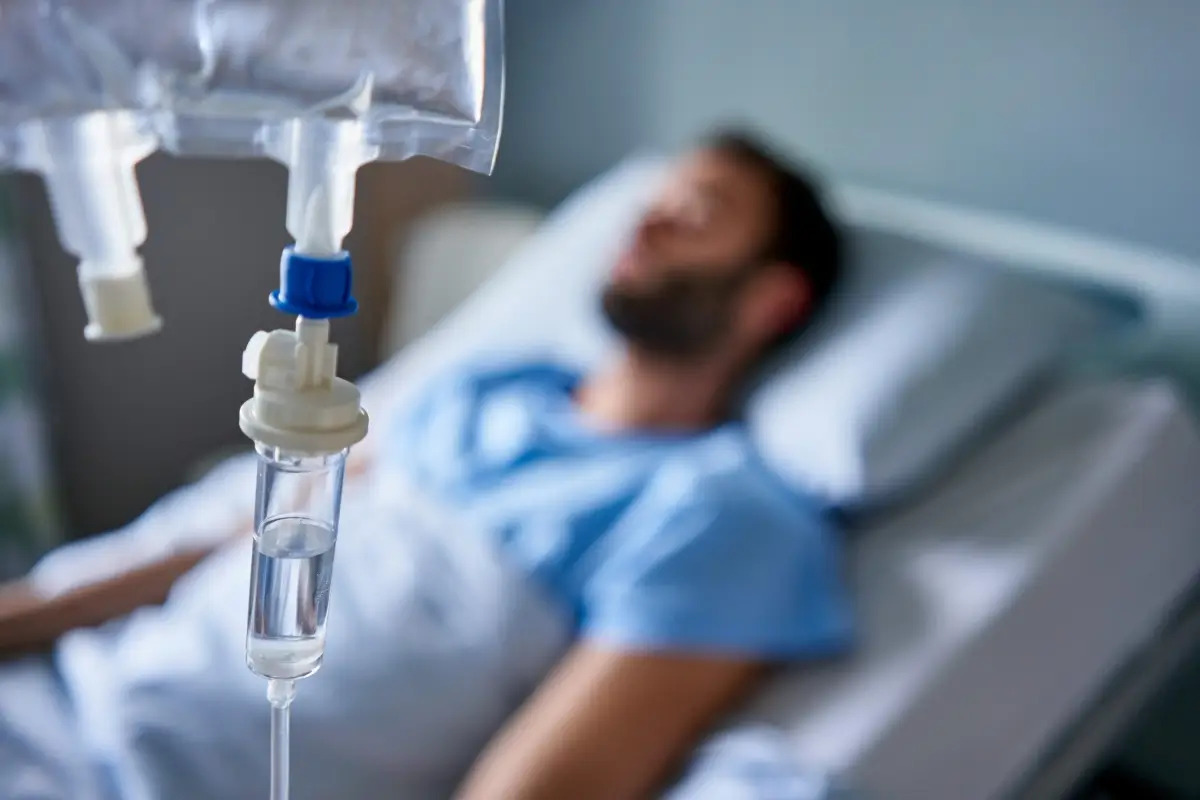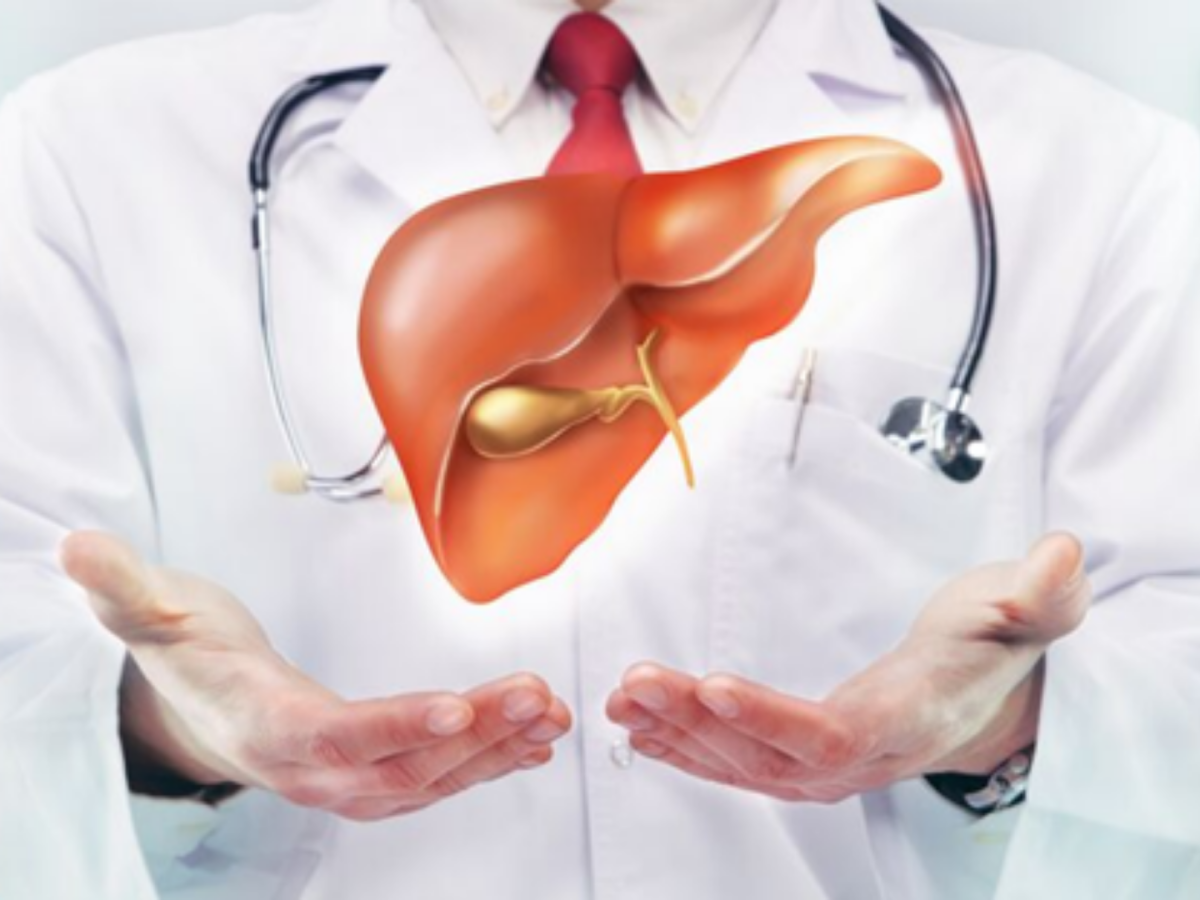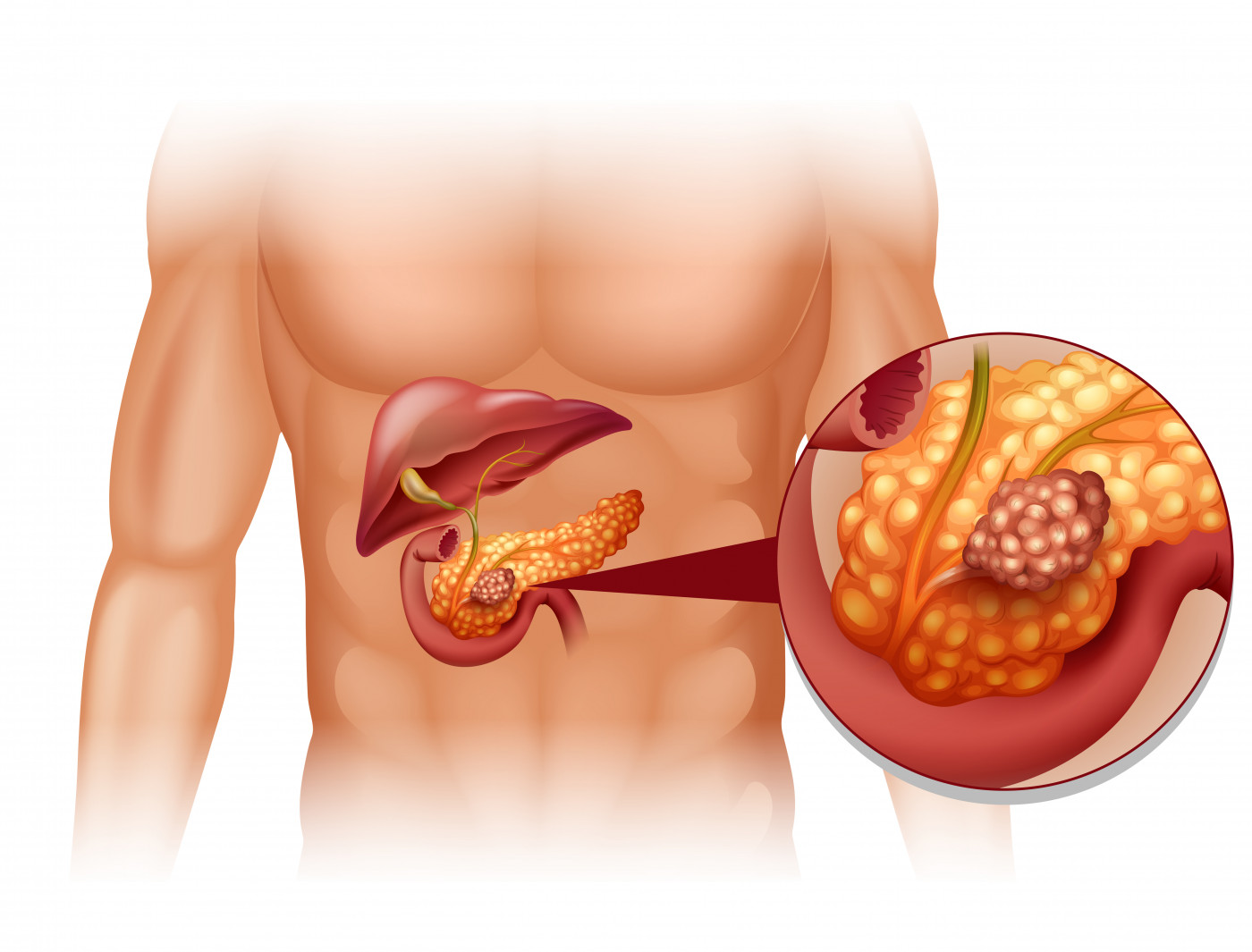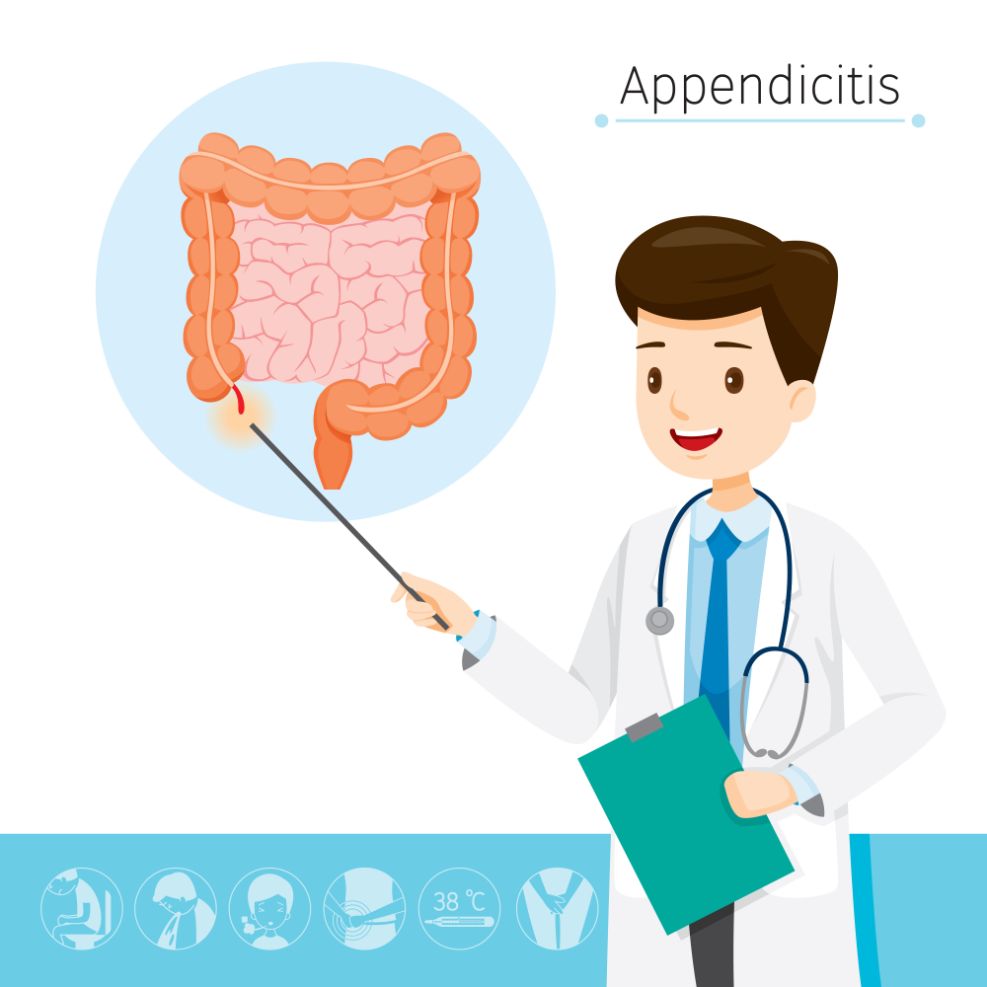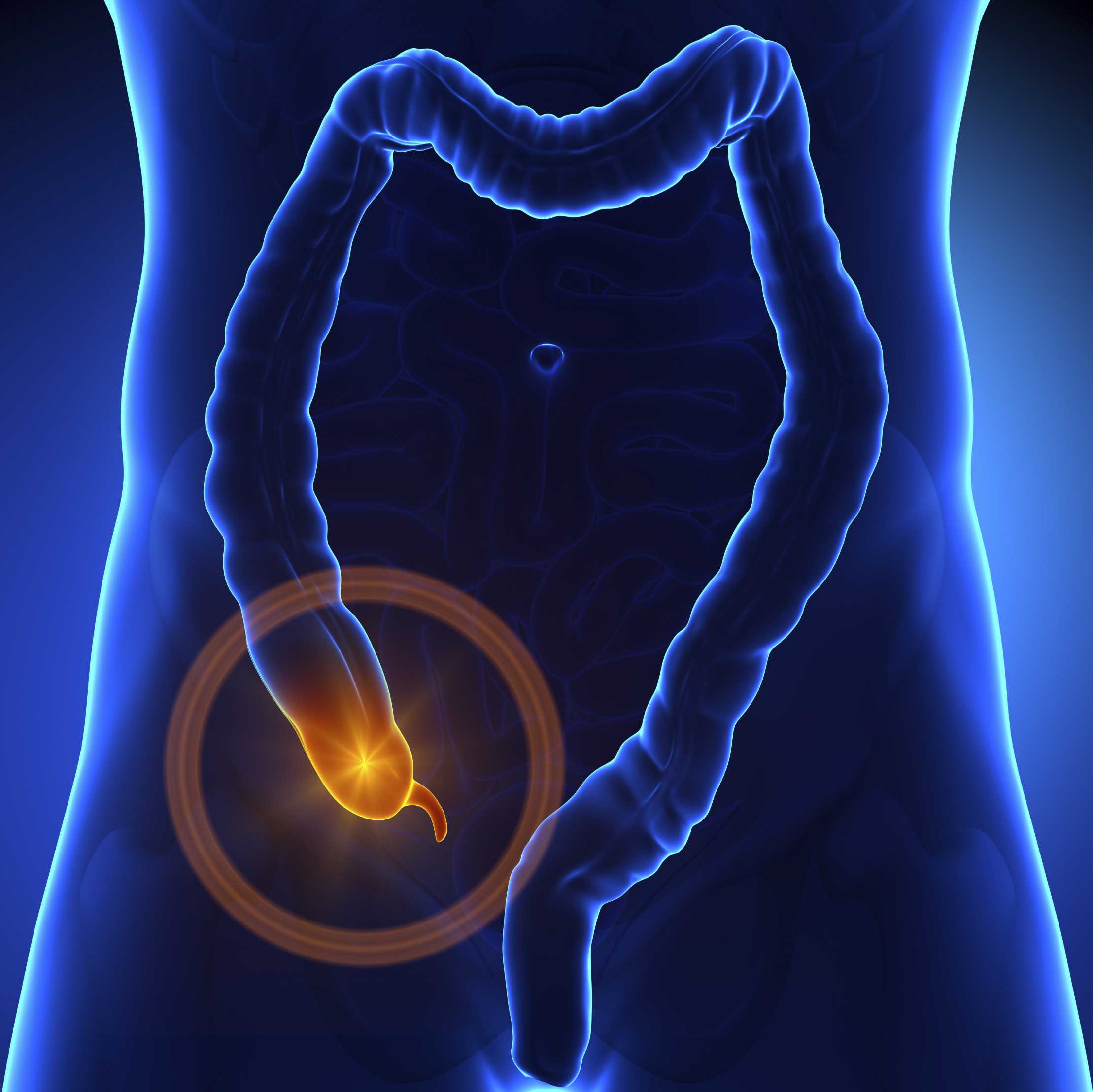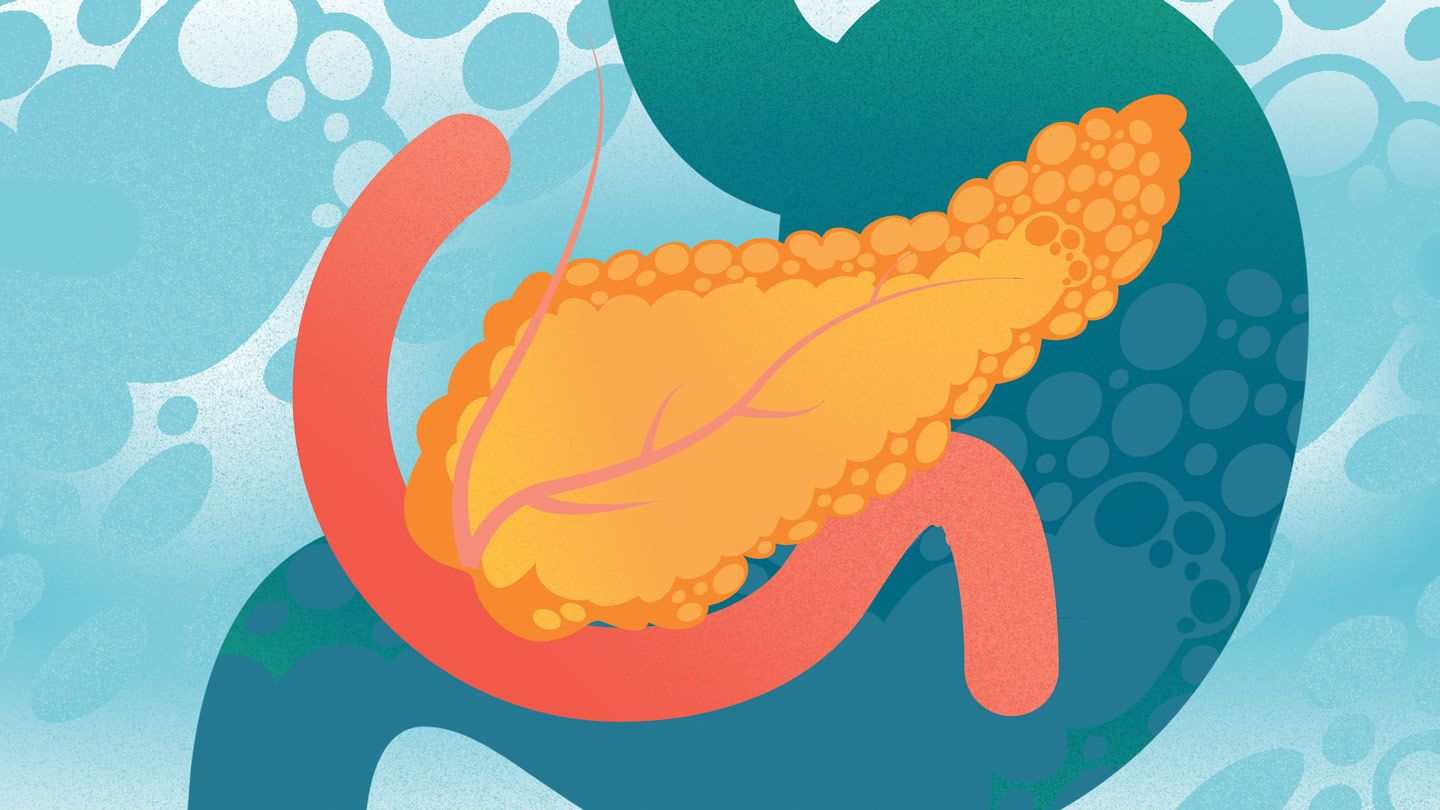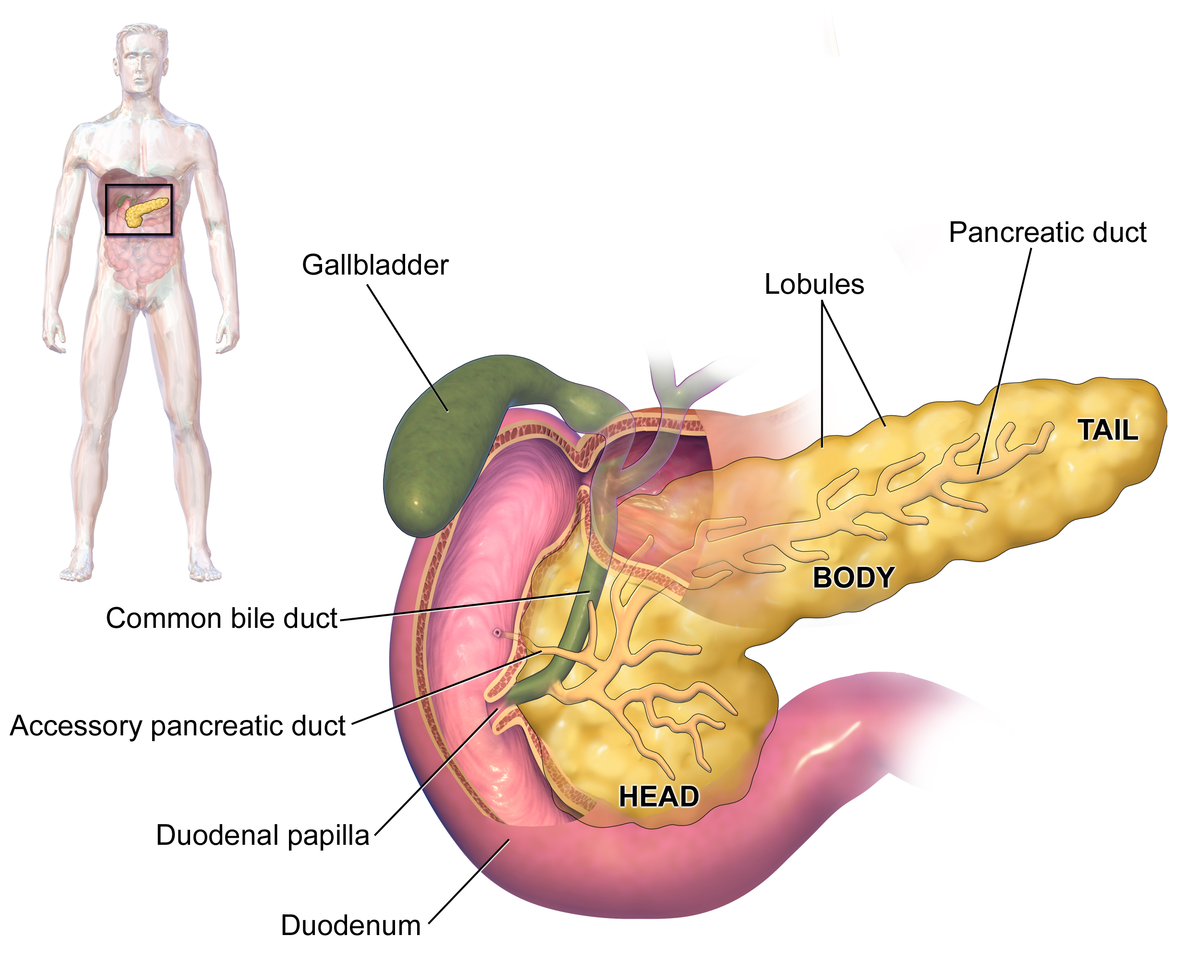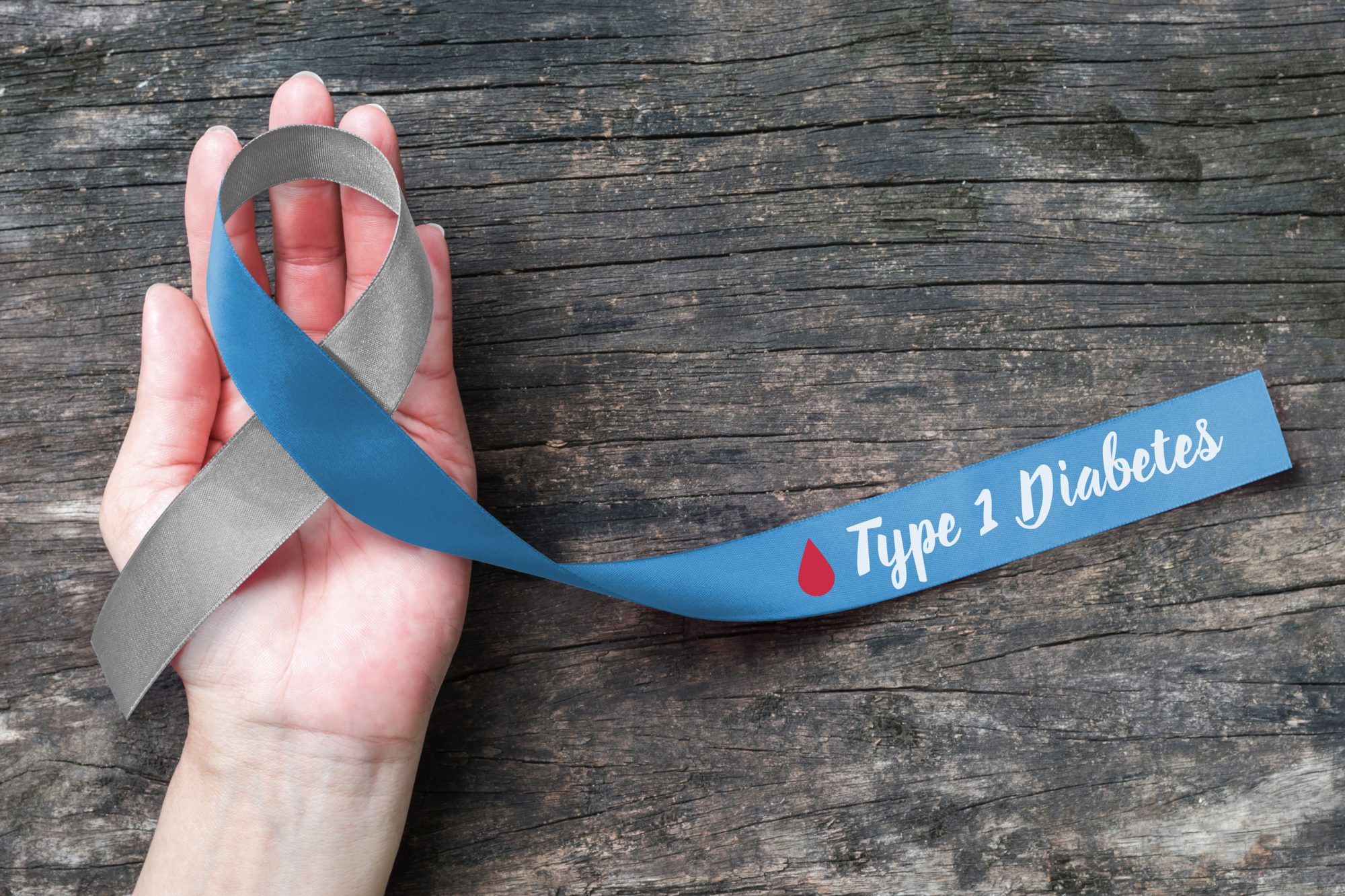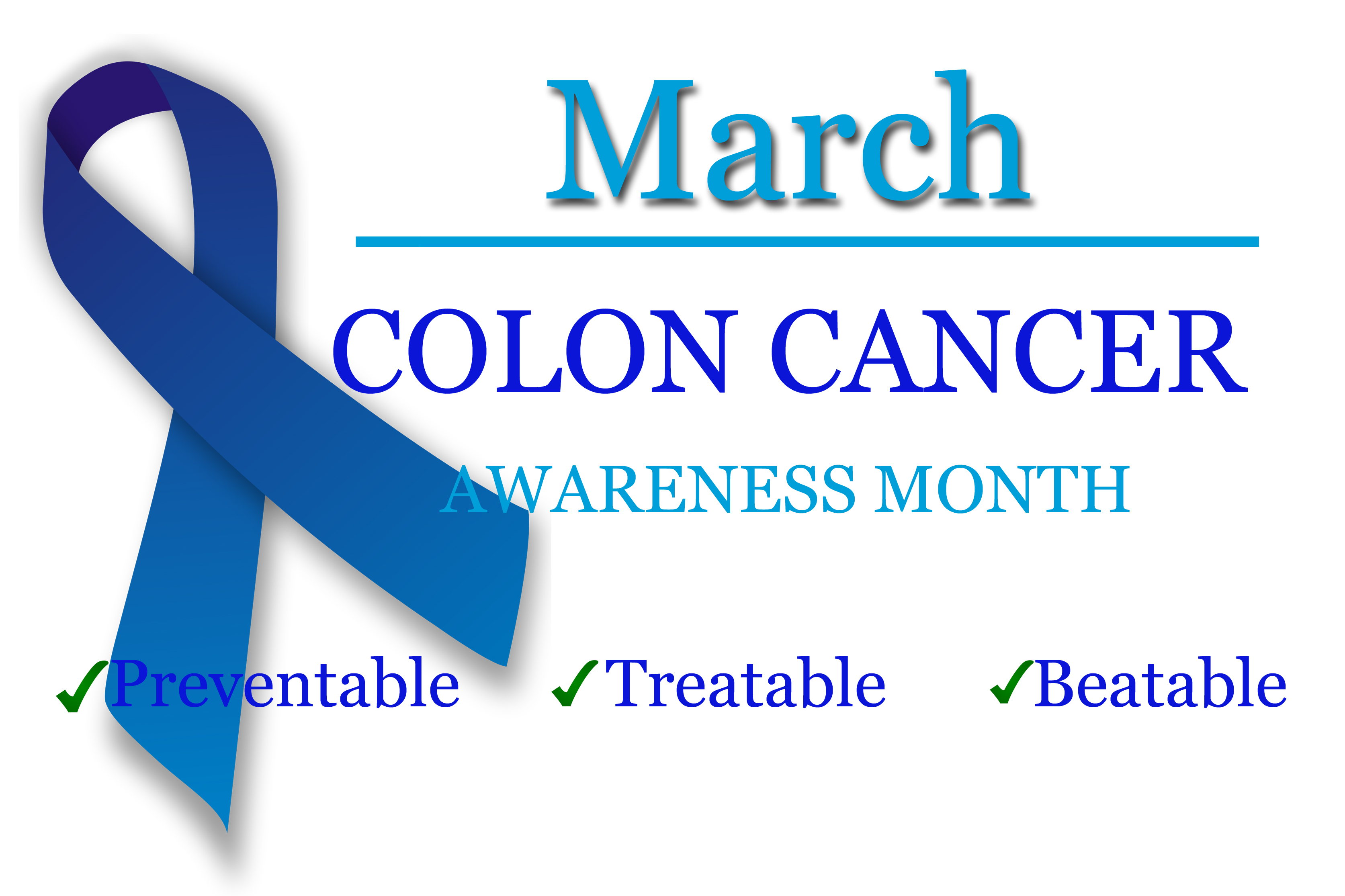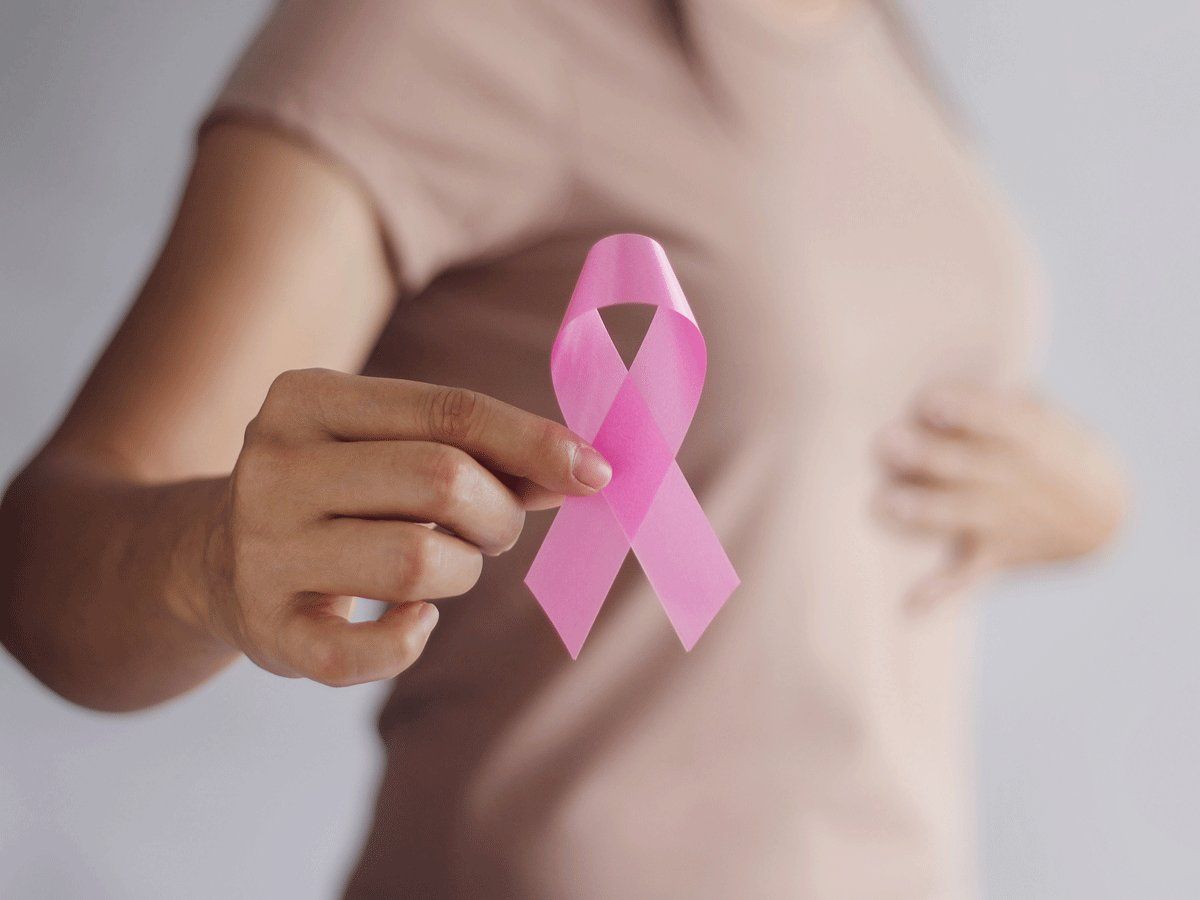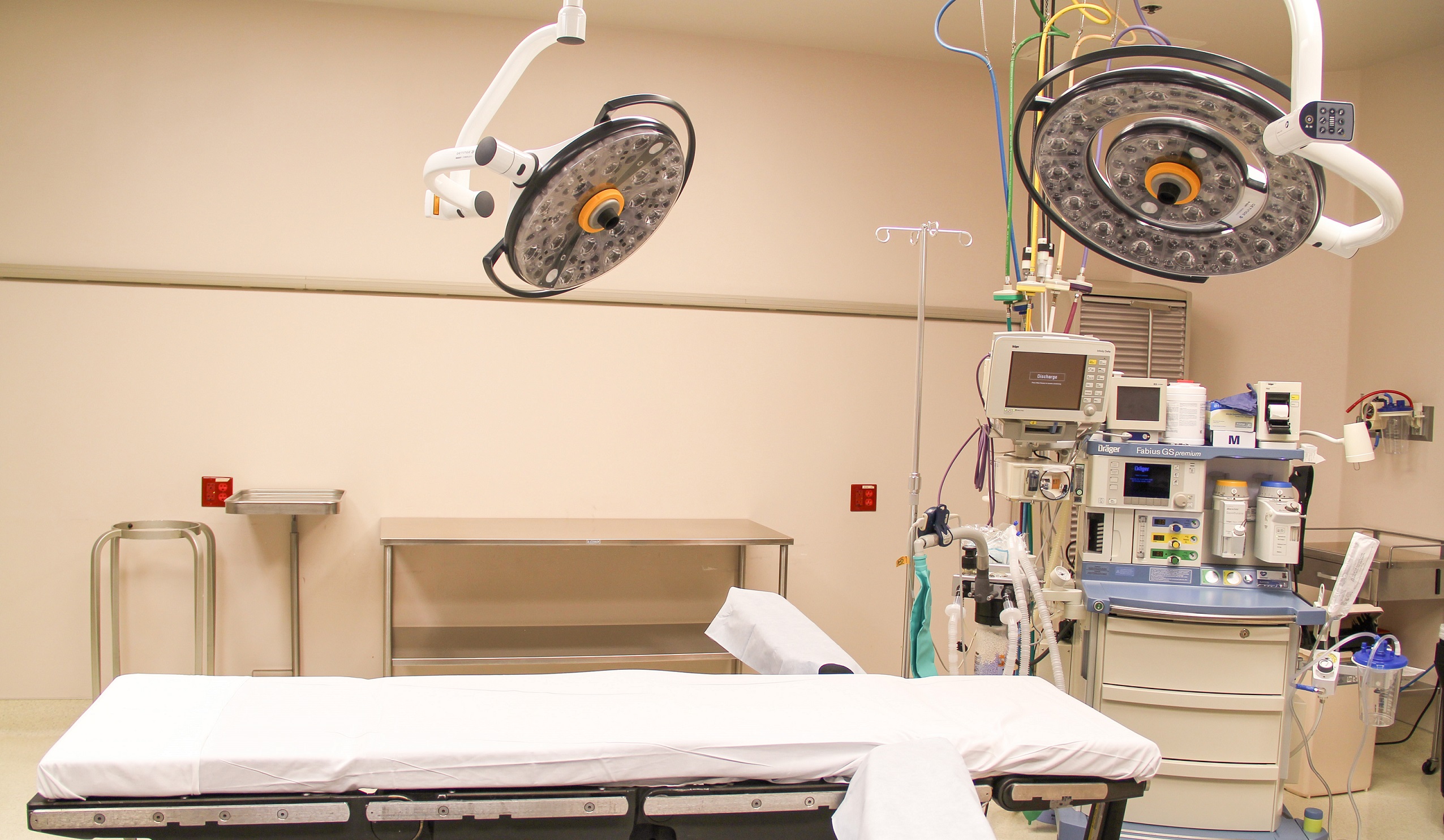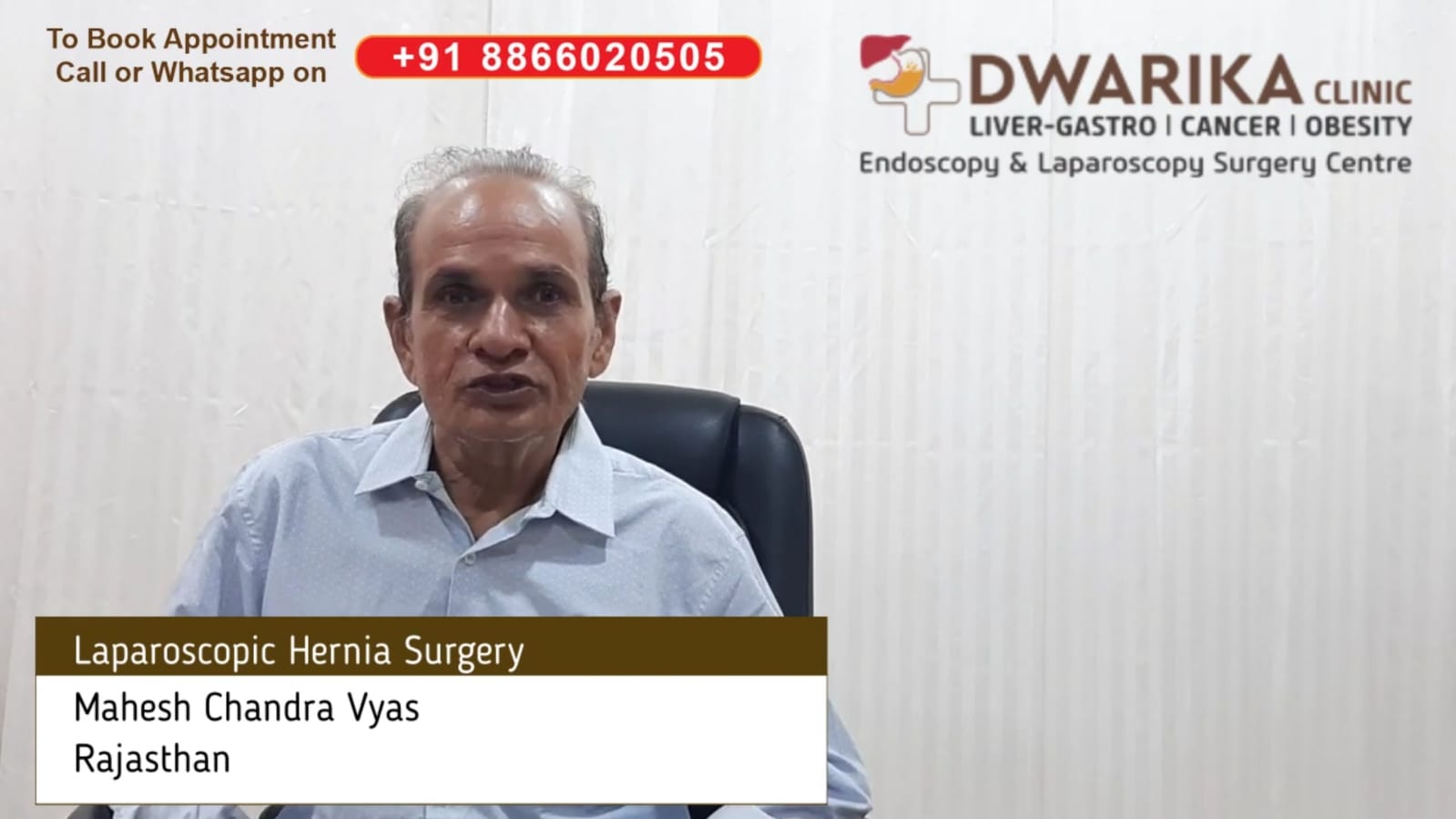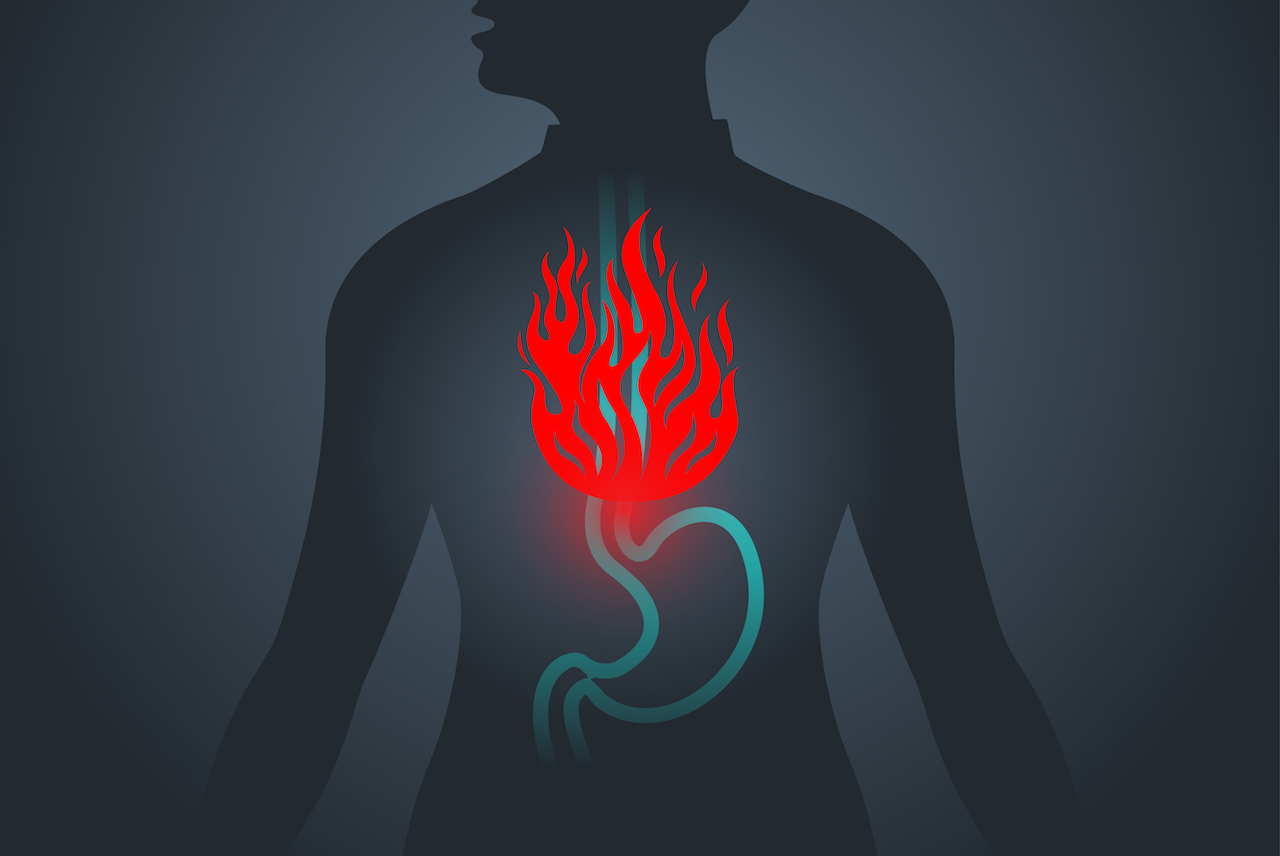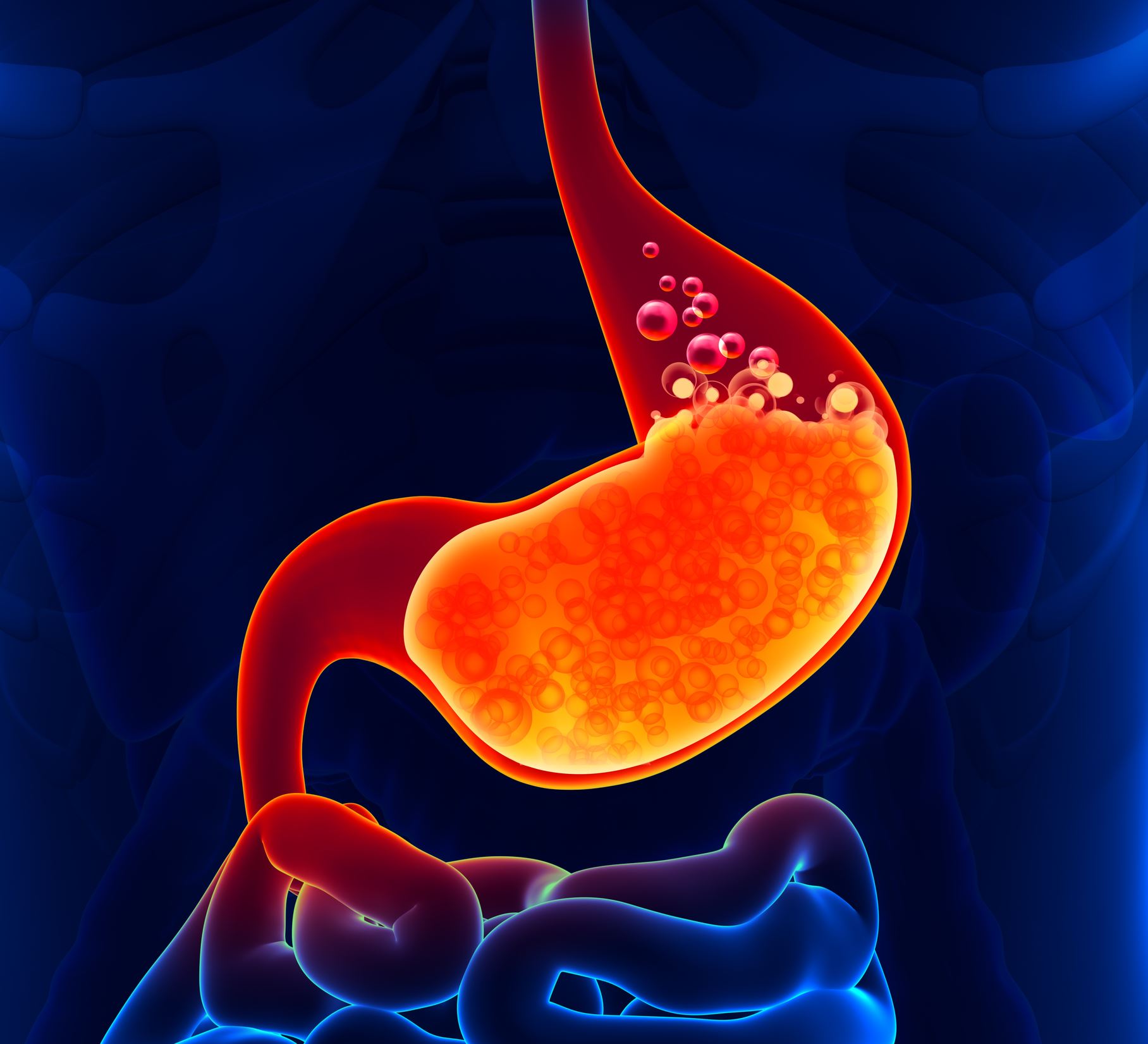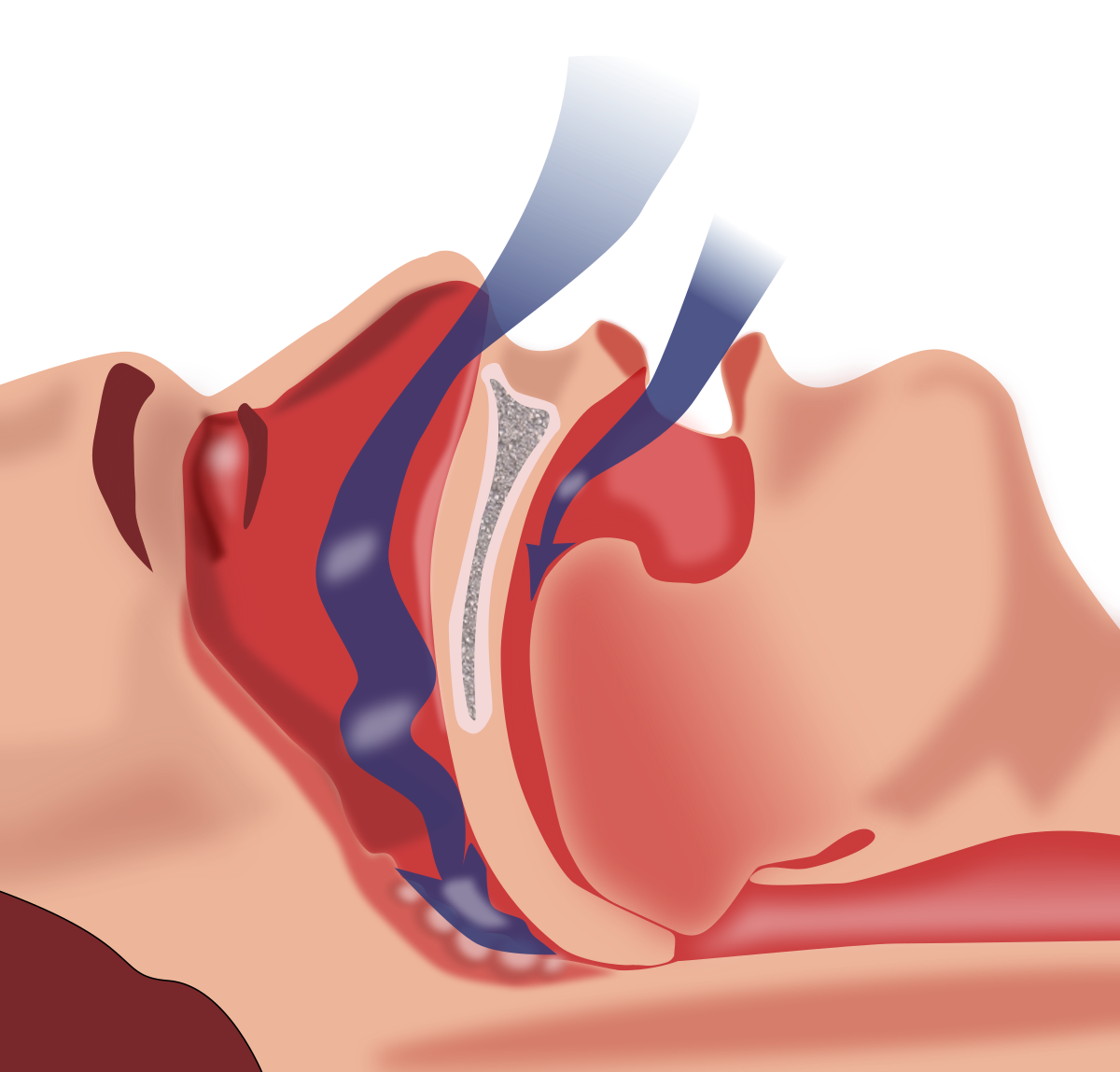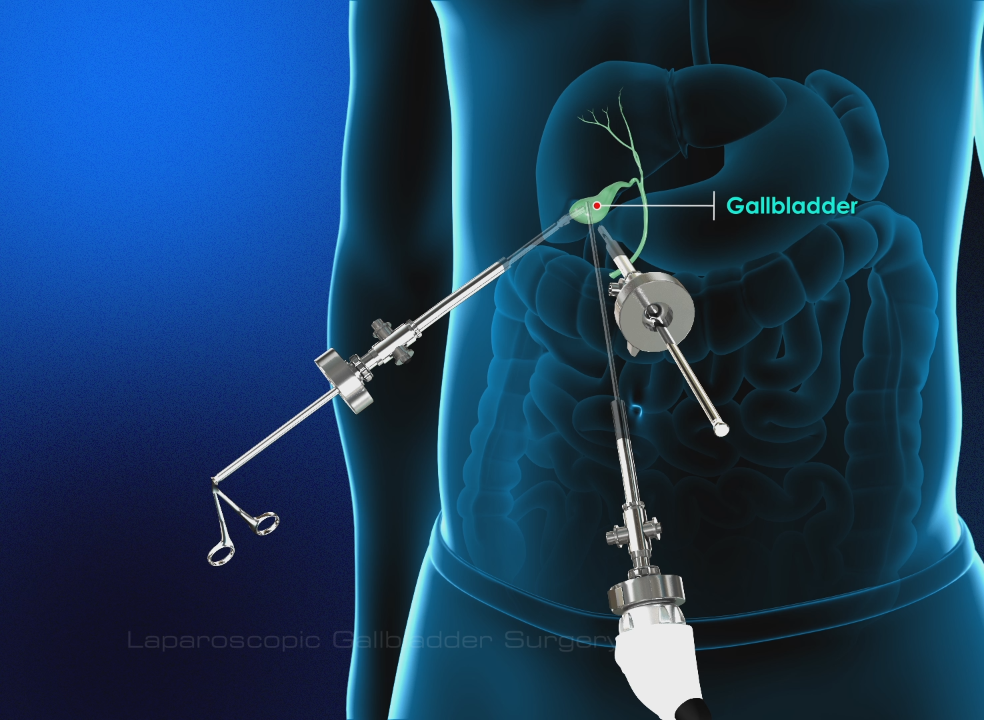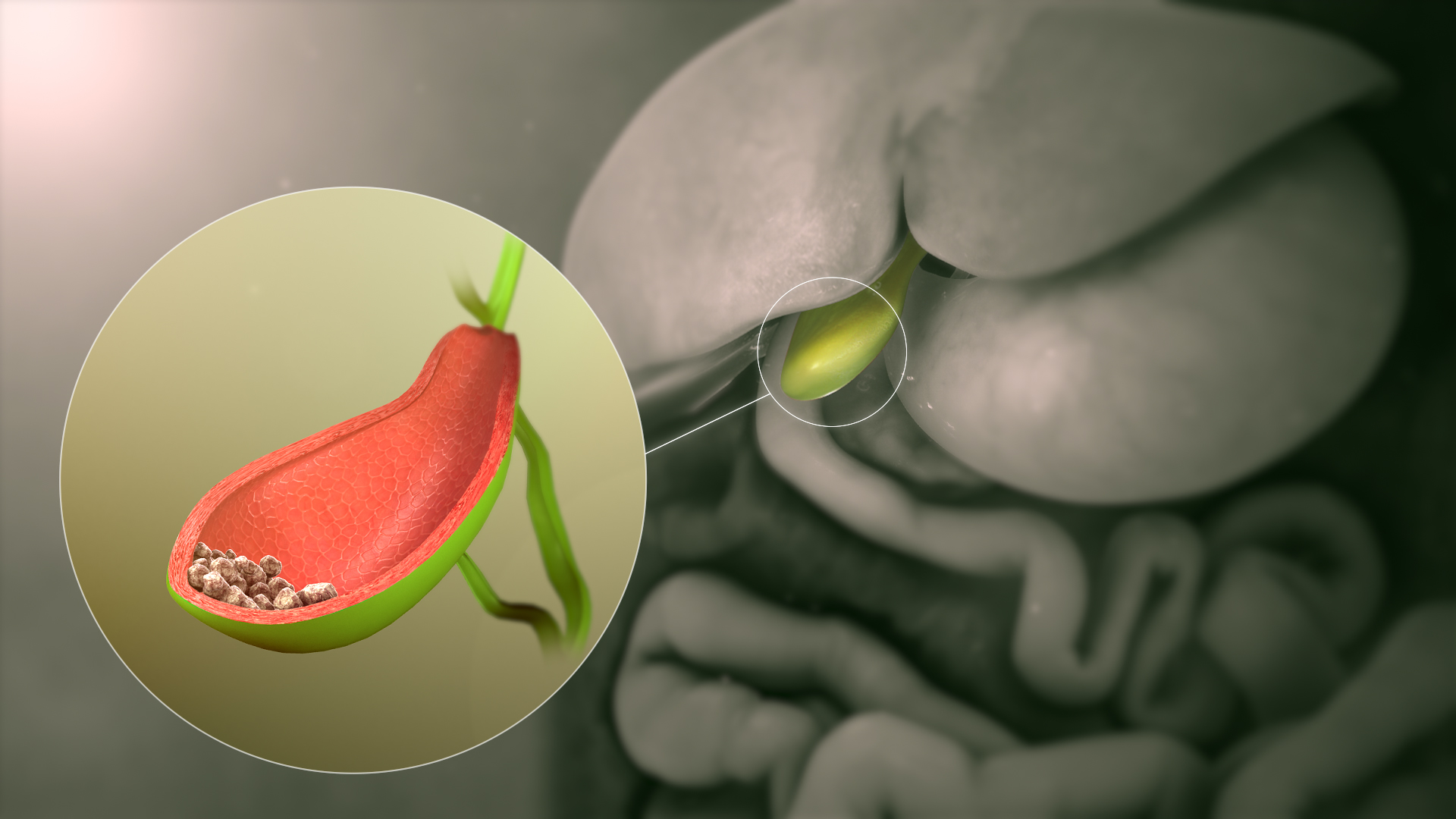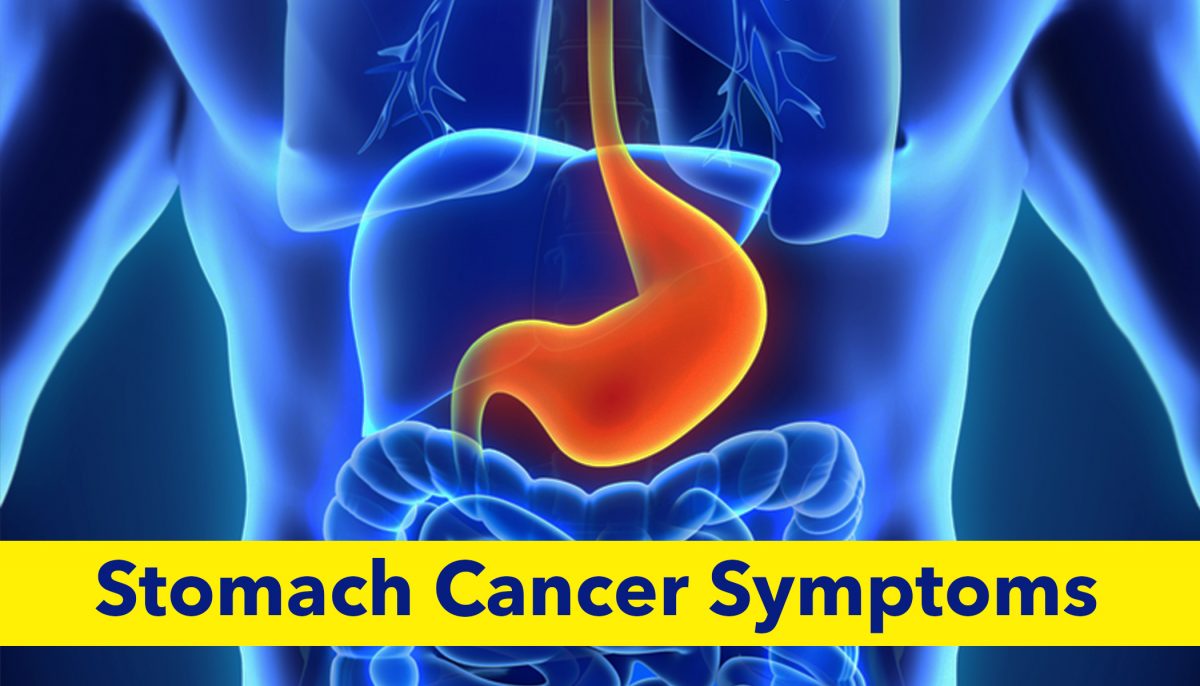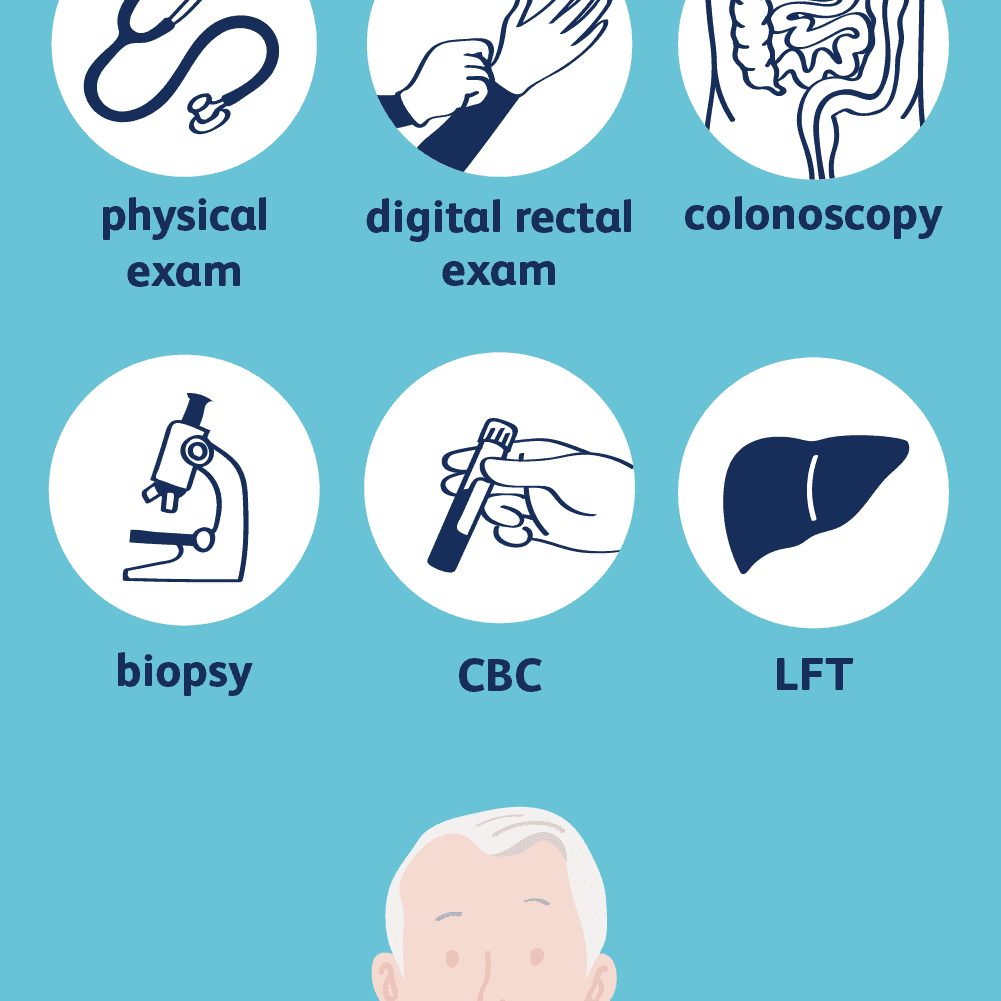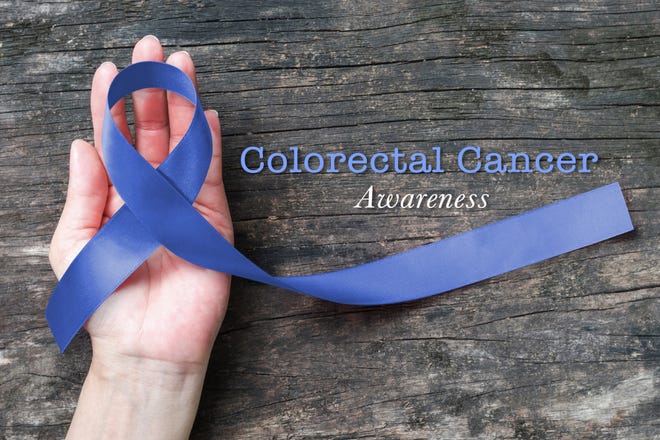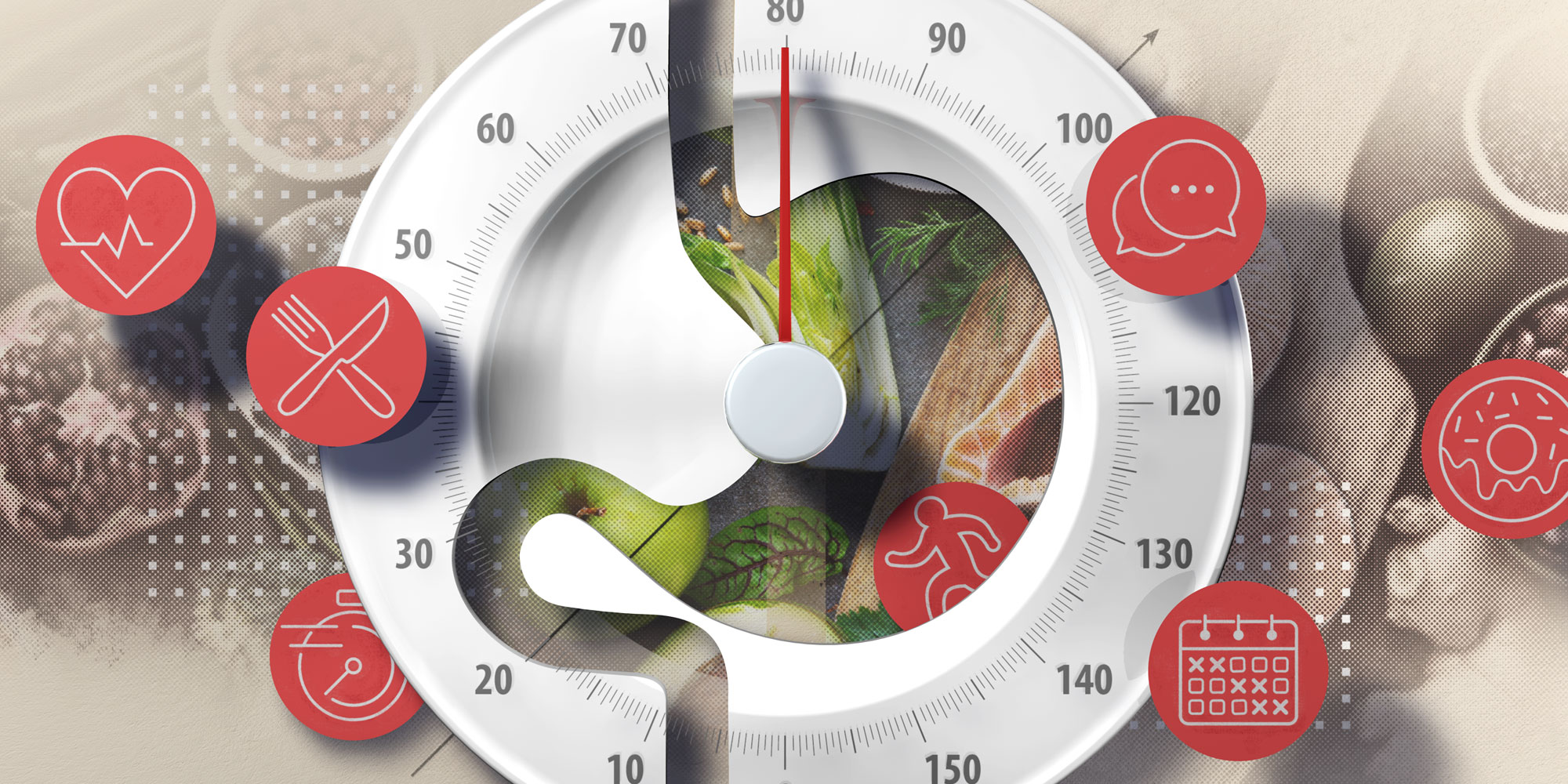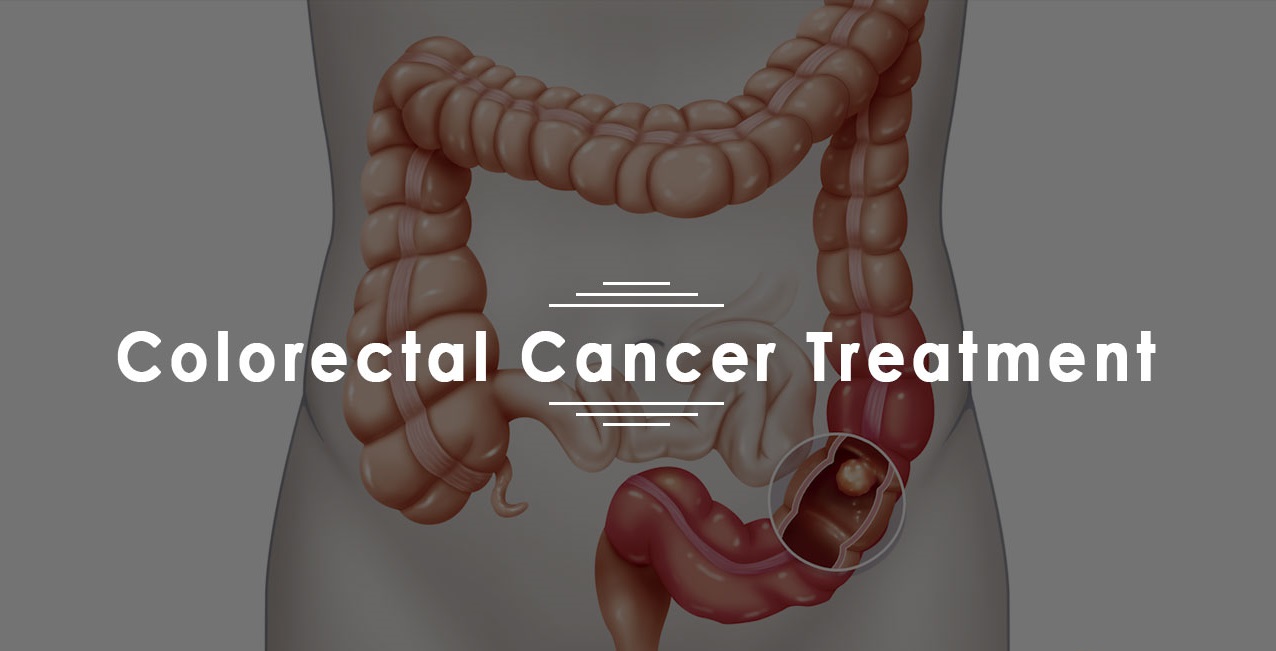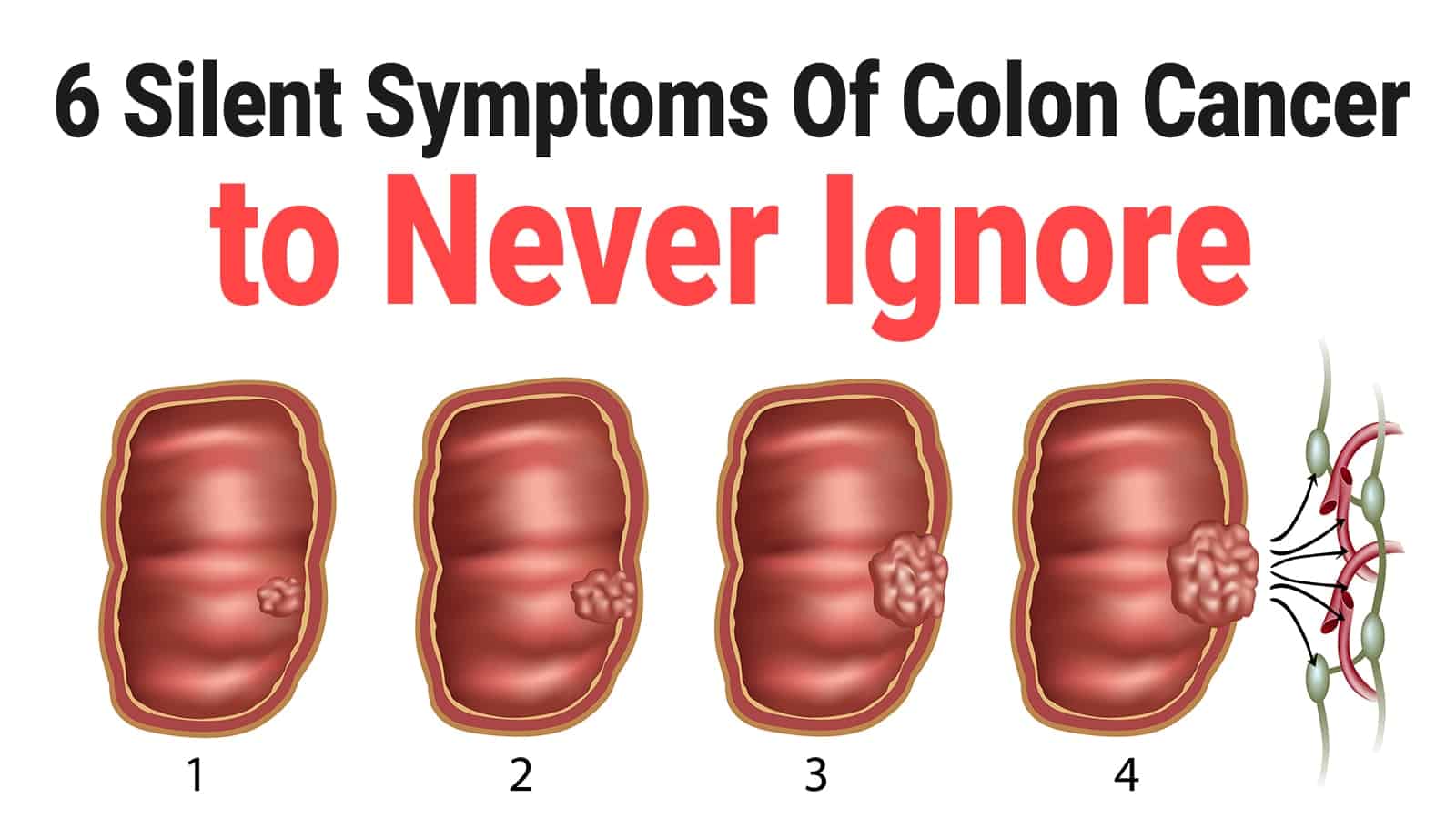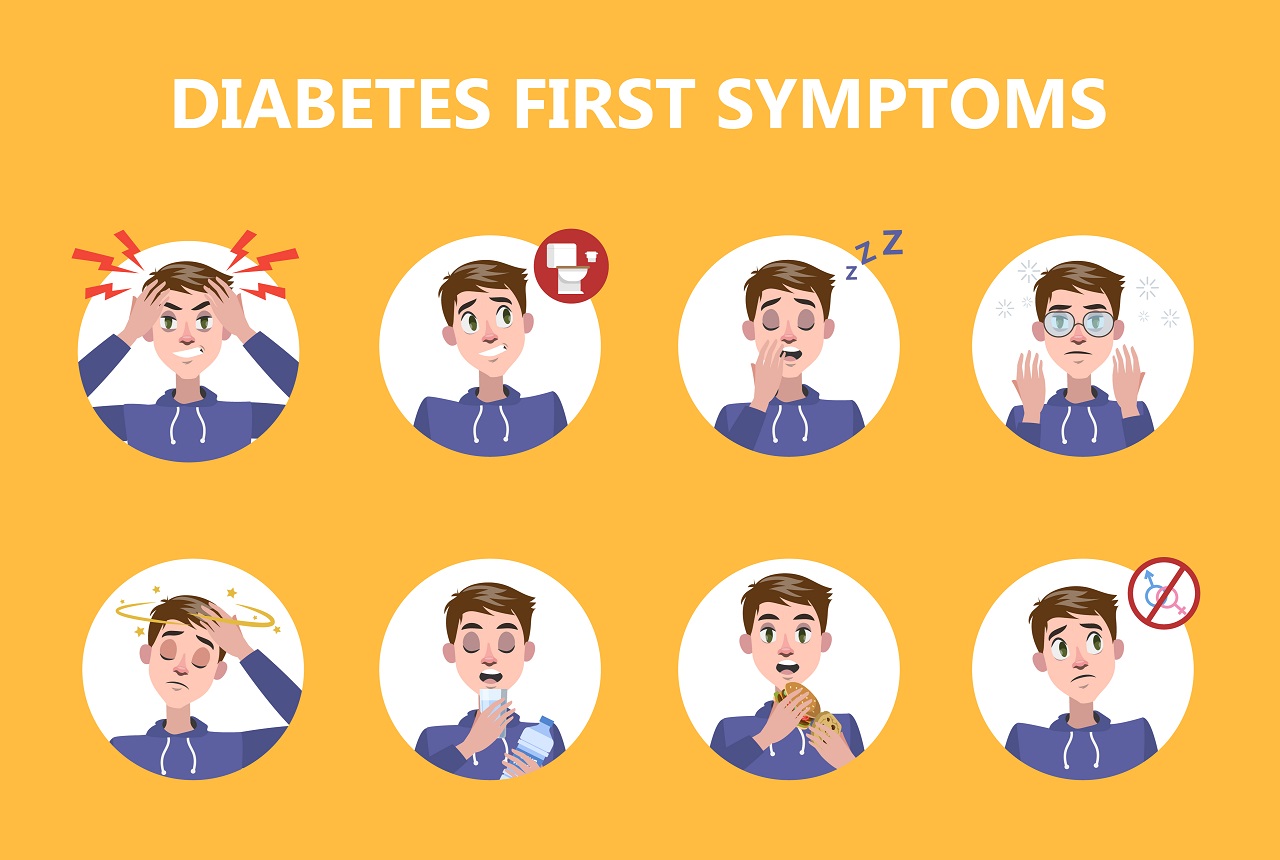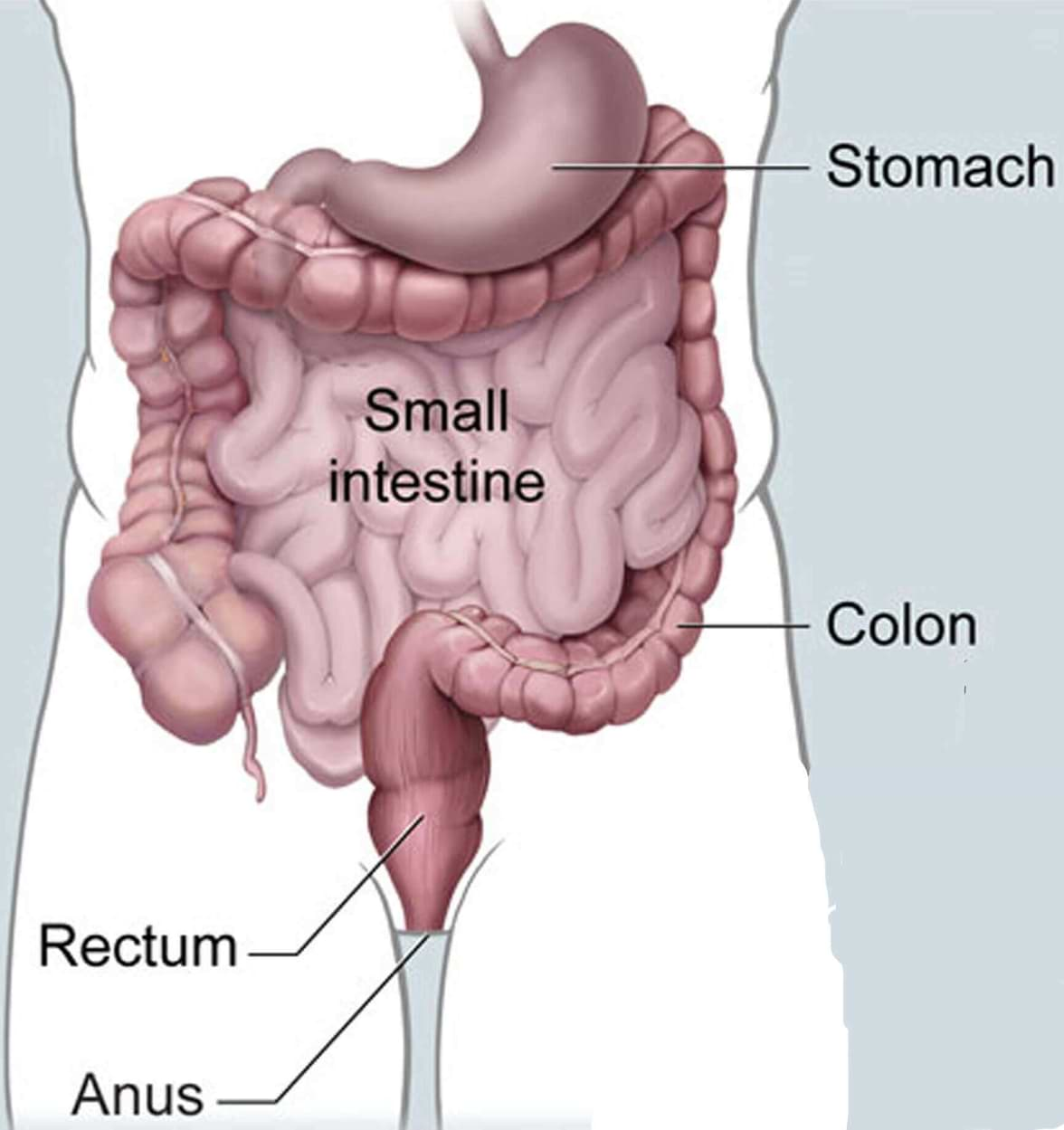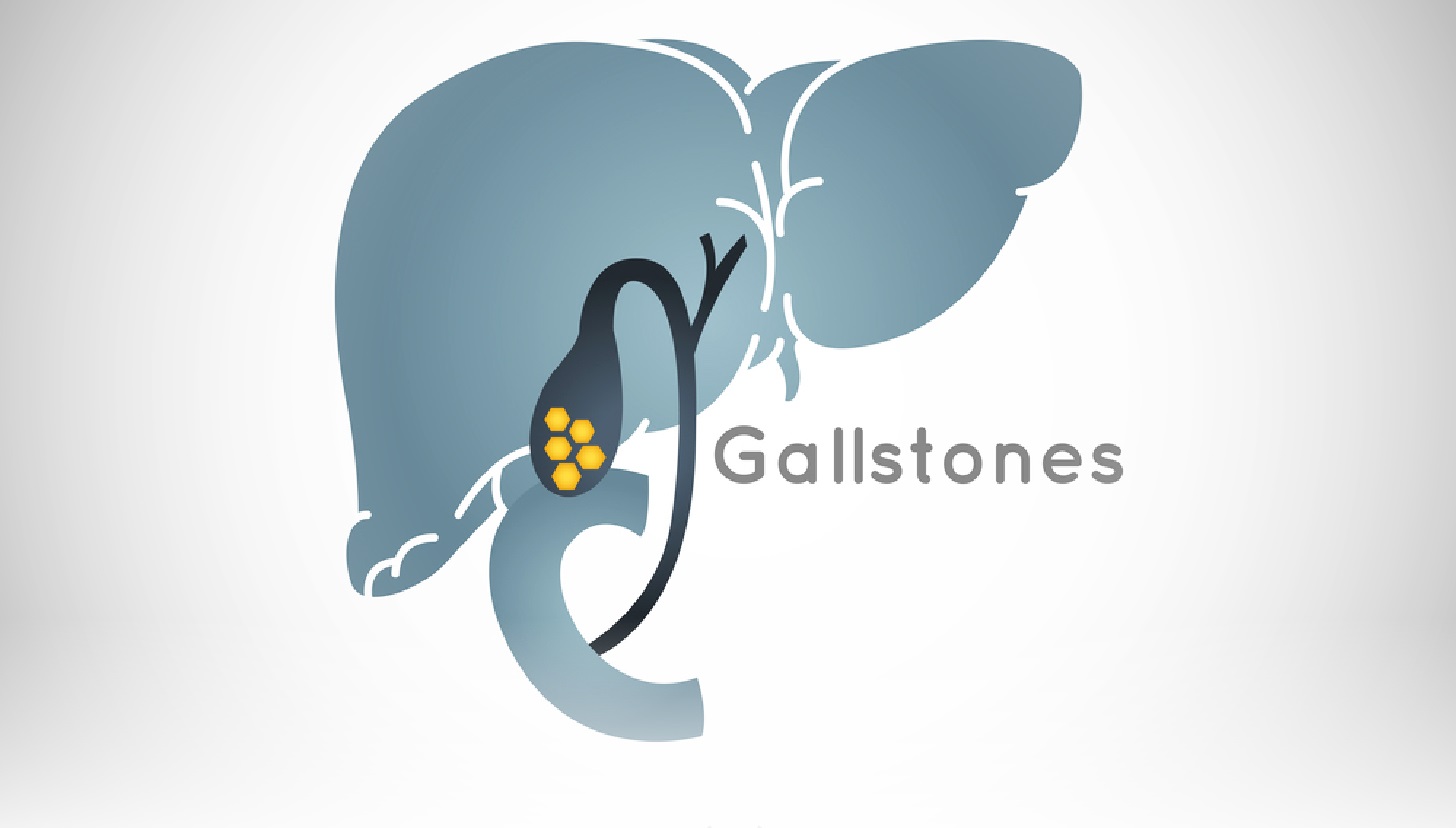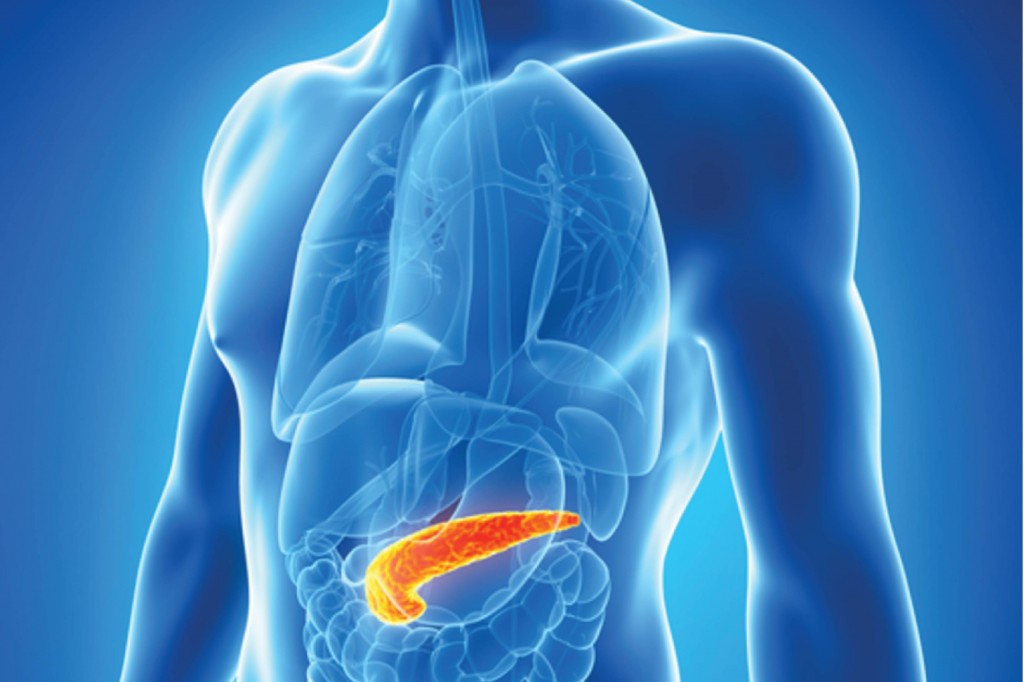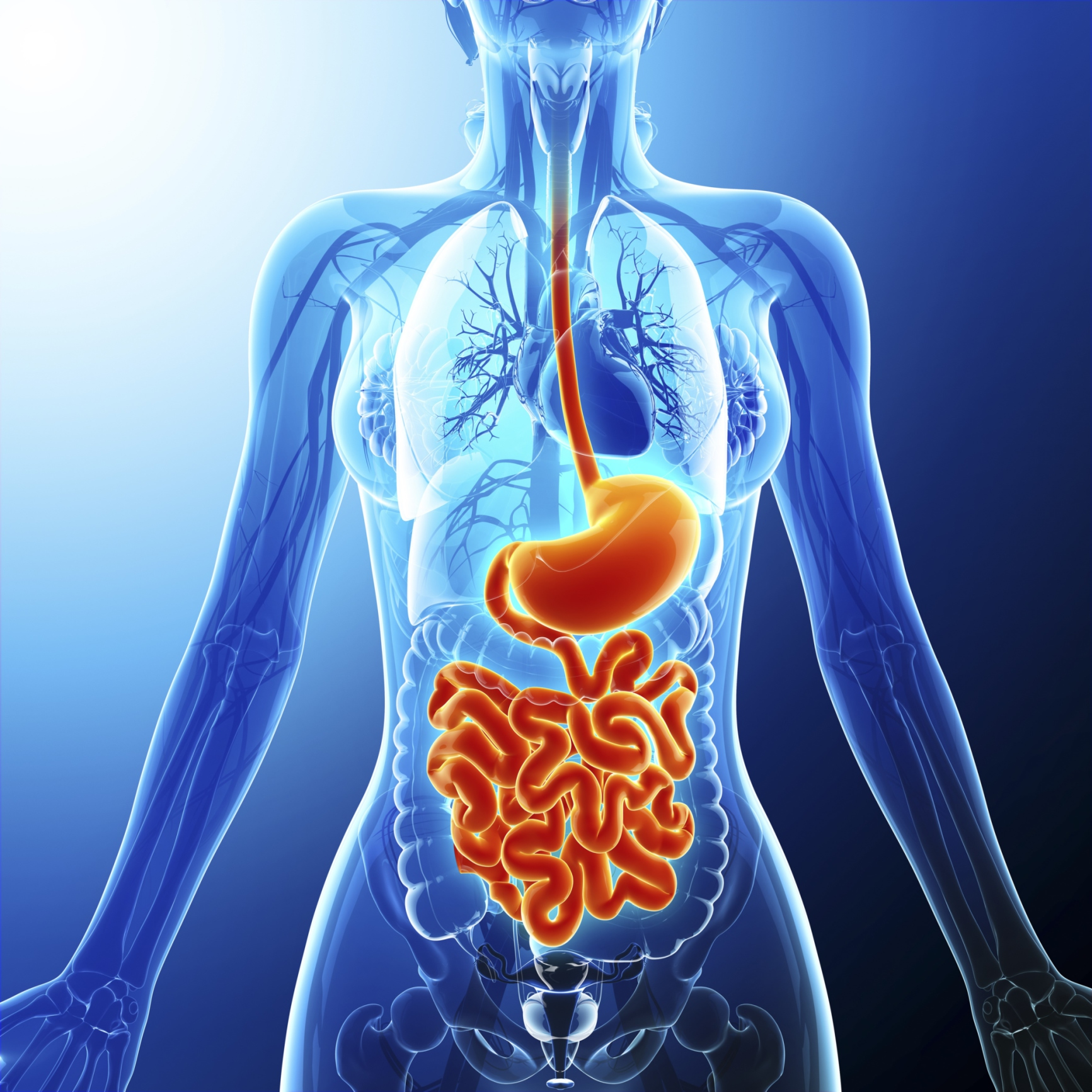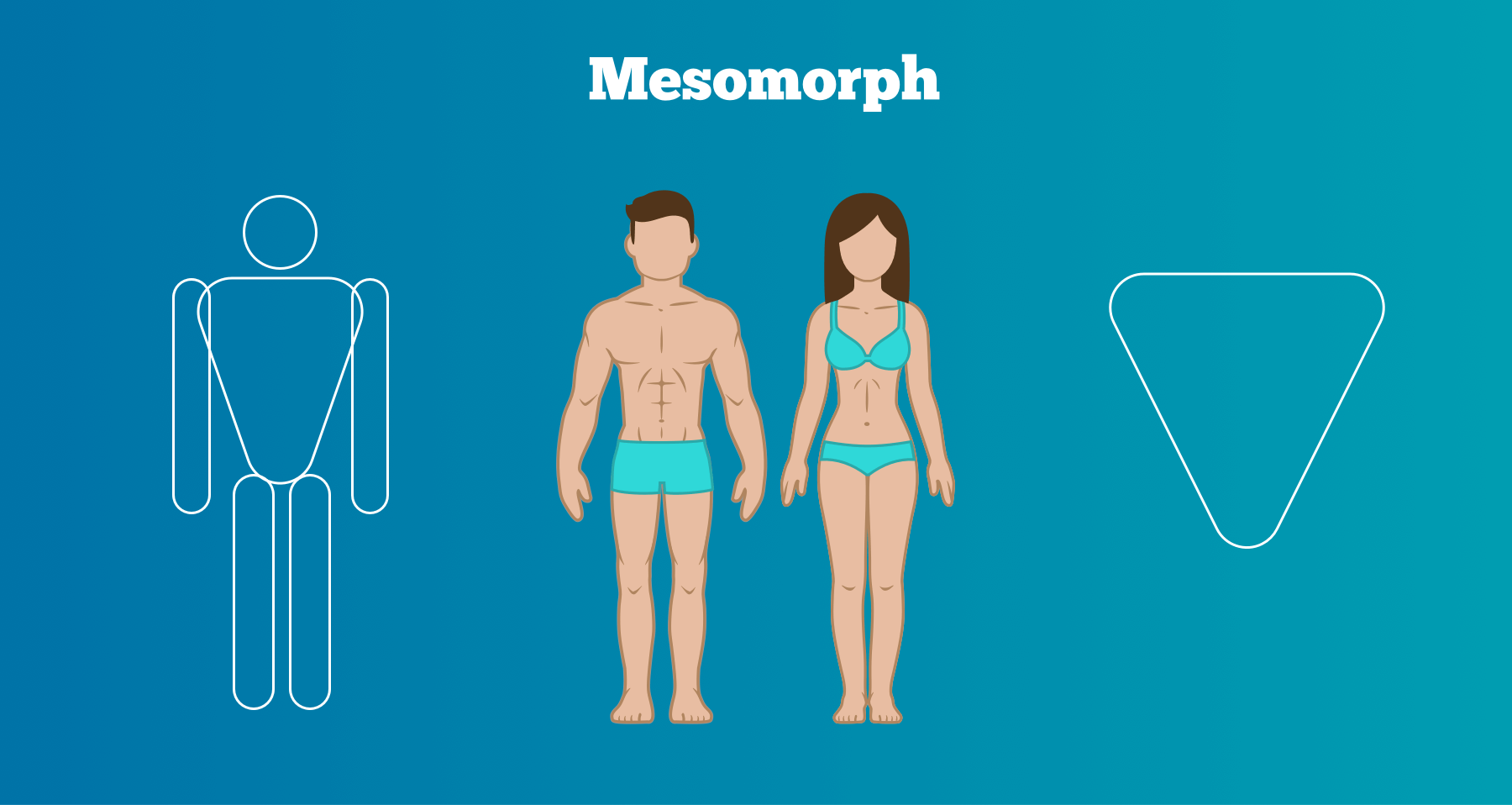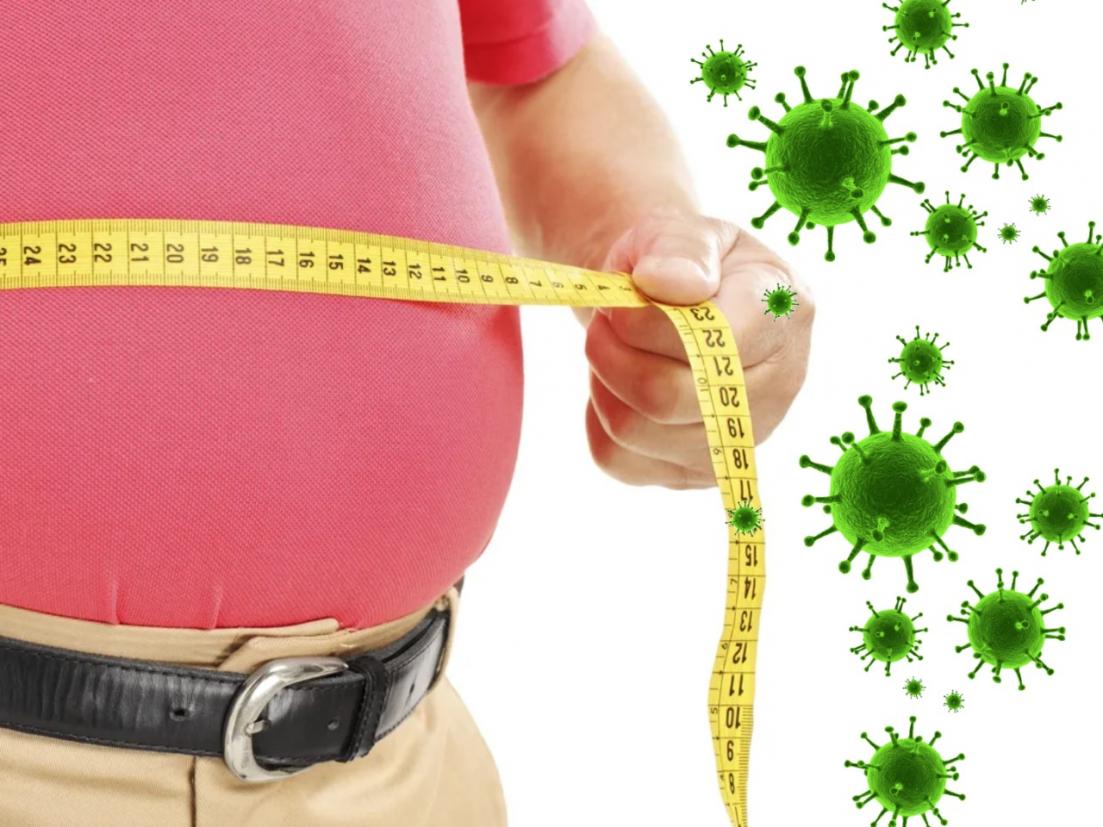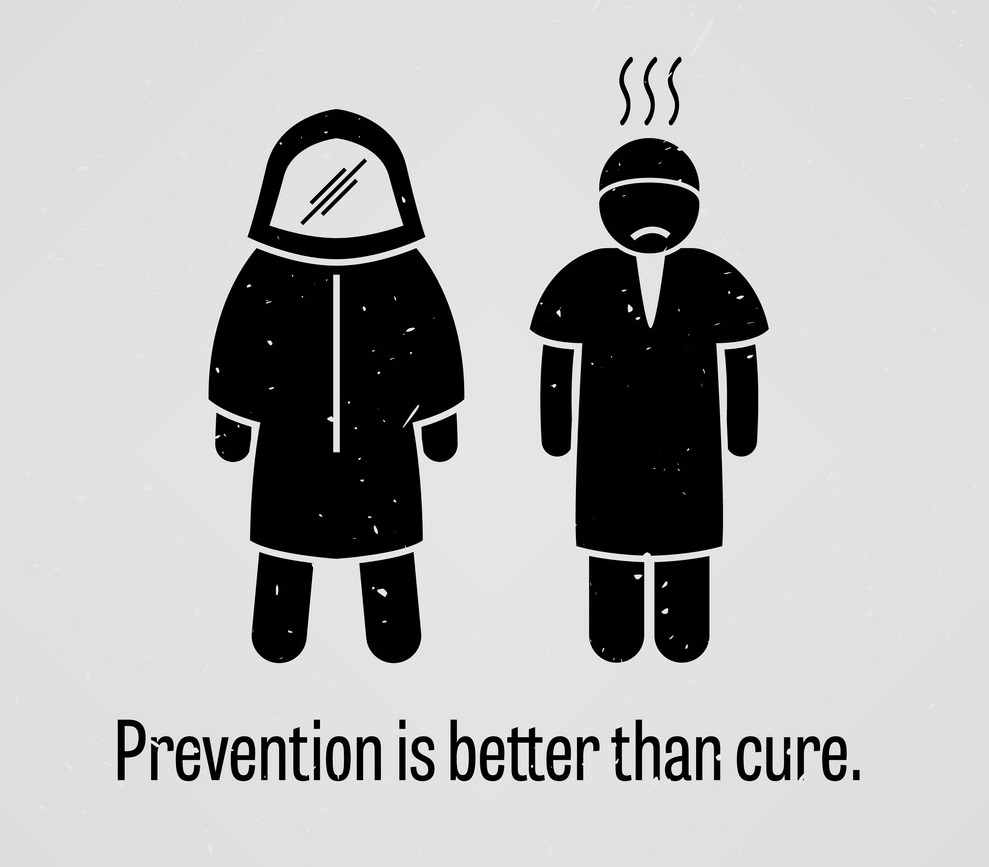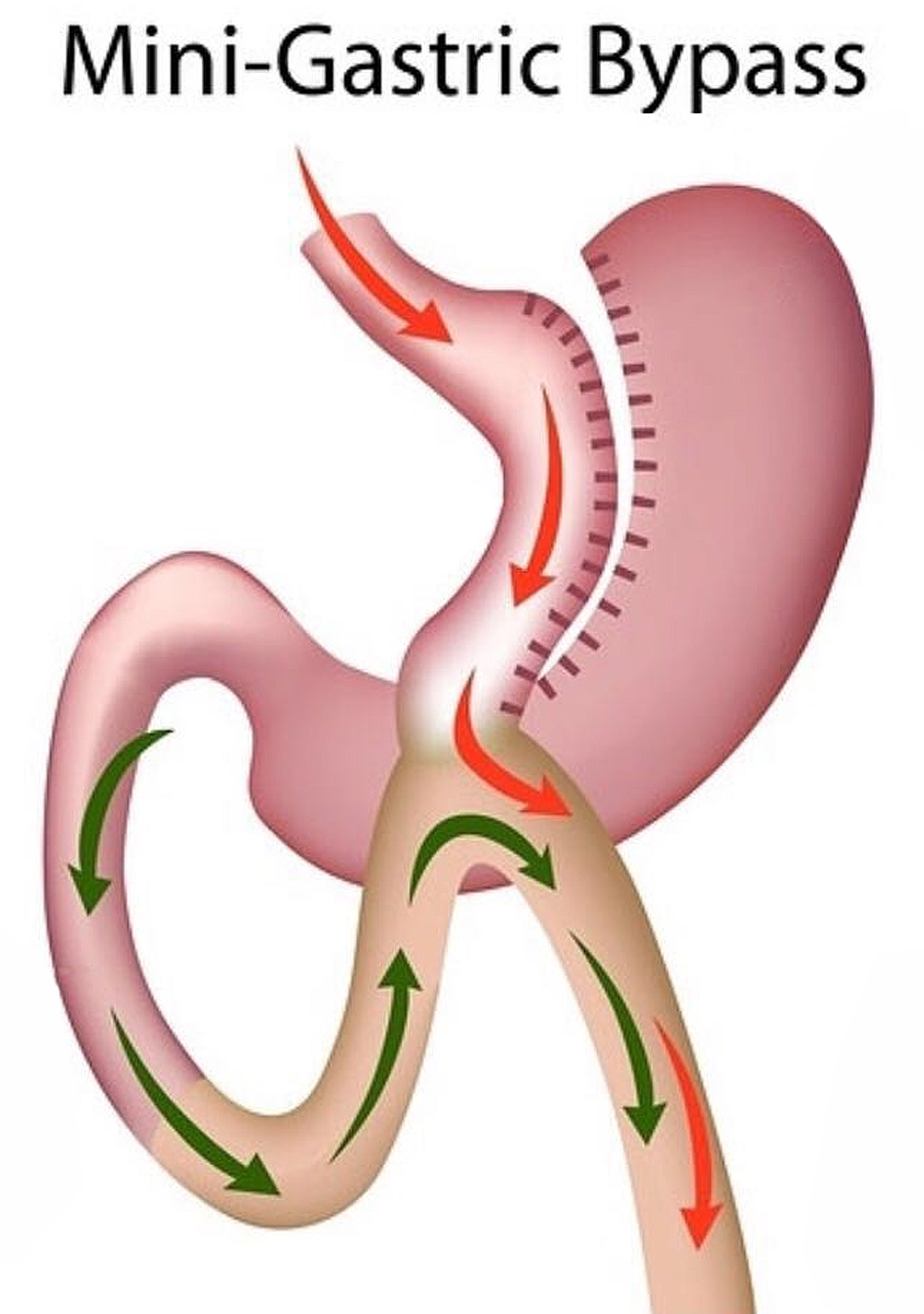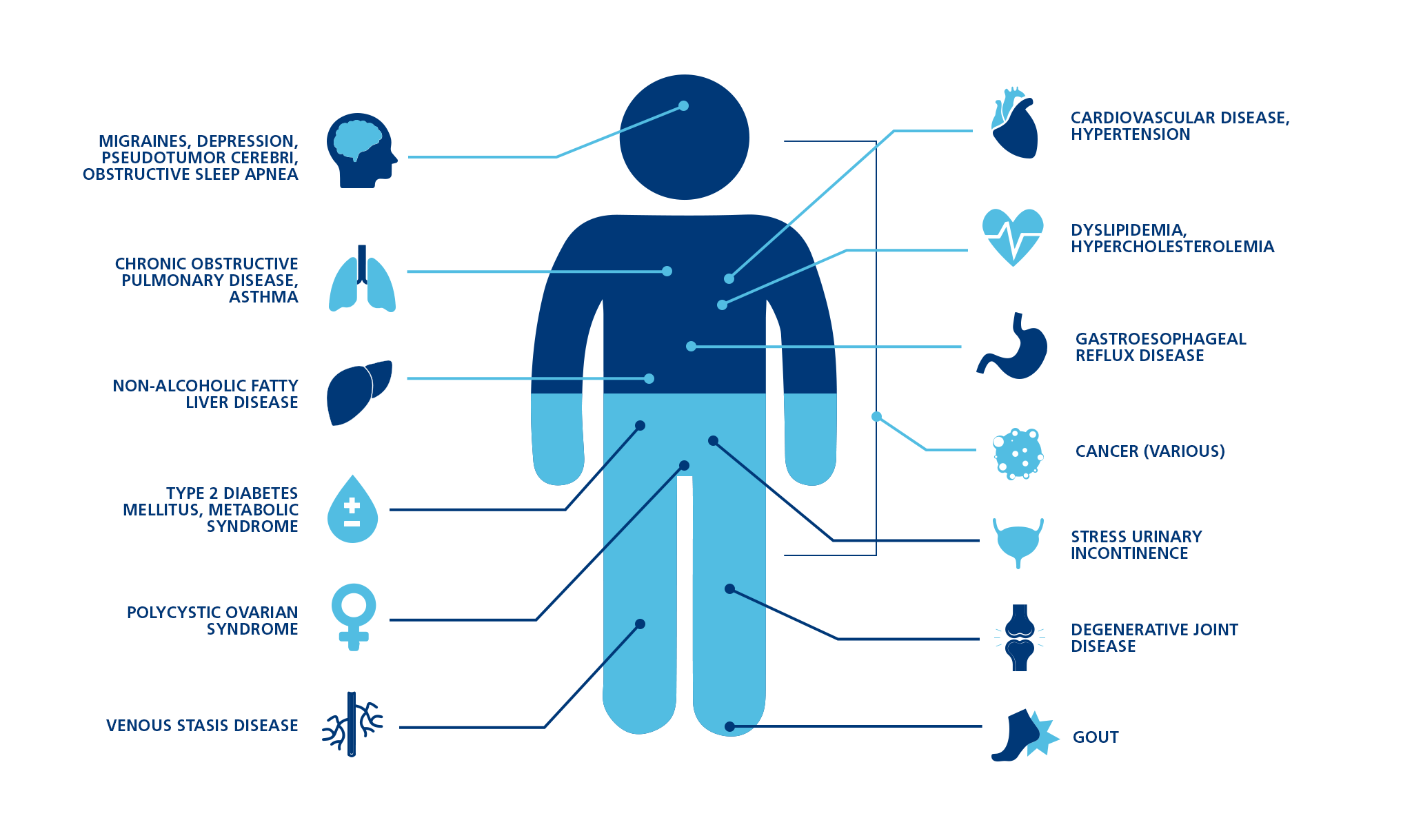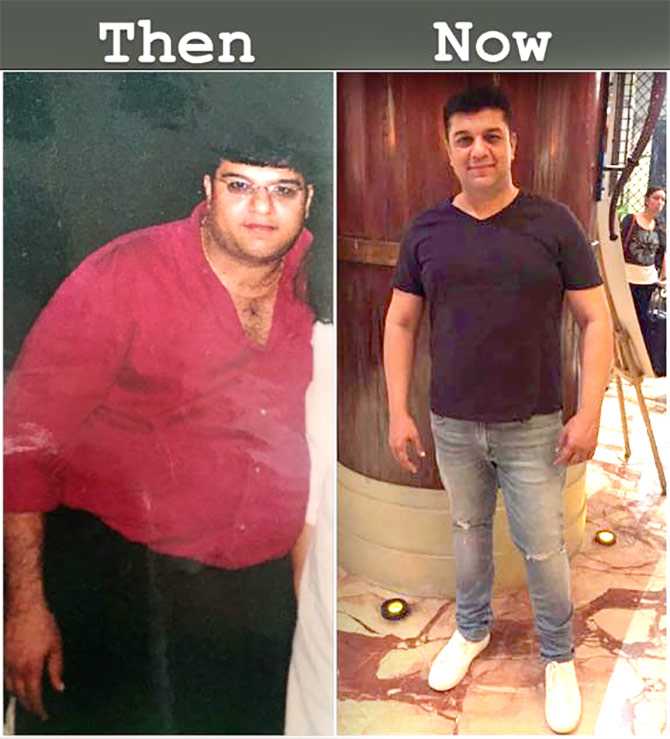Liver Cancer
Life After Liver Cancer for Survivors
Life after liver cancer means returning to some familiar things and making some new choices.
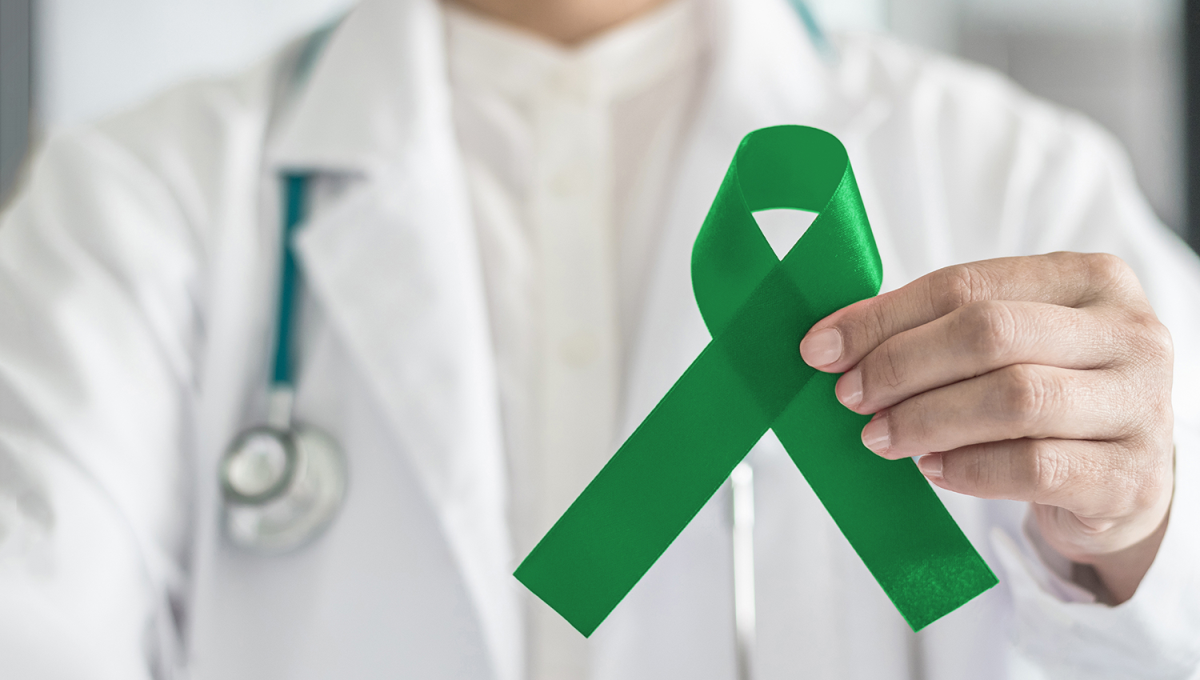
Overview
The end of liver cancer treatment can be both stressful and exciting. You may be relieved to finish treatment, but it’s hard not to worry about cancer coming back. This is very common if you’ve had cancer.
Some people can be completely healed while for other people, the cancer might never go away completely. Some people may get chemotherapy, targeted therapy, or other treatments to try to keep the cancer in check for as long as possible and to prevent or limit any problems it might cause. Learning to live with cancer that does not go away can be difficult and very stressful.
Follow up care
- You'll need regular check-ups after treatment for liver cancer. This helps to find out any change in your recovery. Sometimes liver cancer may come back after treatment and regular check-ups are helpful in such situations. Checkups may include a physical exam, blood tests, ultrasound / CT scan.
- If you have any health problems between checkups, you should contact your health care team. Report to our health care team, if you have any redness/ swelling or discharge of any type of fluid from your operative incision site, pain abdomen, vomiting or fever, breathing difficulty etc.
Ask your doctor for a survivorship care plan
Talk with your doctor about developing a survivorship care plan for you. This plan might include:
- A suggested schedule for follow-up exams and tests
- A schedule for other tests you might need in the future, such as early detection (screening) tests for other types of cancer, or tests to look for long-term health effects from your cancer or its treatment
- A list of possible late- or long-term side effects from your treatment, including what to watch for and when you should contact your doctor
- Diet and physical activity suggestions
- Reminders to keep your appointments with your primary care provider (PCP), who will monitor your general health care
Help with nutrition issues
Following treatment, you may feel a change in your taste. This improves over time and we encourage having healthy food habits like fresh vegetables, fruits and a high protein diet.
Keeping health insurance and copies of your medical records
Even after treatment, it’s very important to keep health insurance. Tests and doctor visits cost a lot, and even though no one wants to think of their cancer coming back, this could happen.
At some point after your cancer treatment, you might find yourself seeing a new doctor who doesn’t know about your medical history. It’s important to keep copies of your medical records to give your new doctor the details of your diagnosis and treatment.
Can I lower my risk of liver cancer progressing or coming back?
If you have (or have had) liver cancer, you probably want to know if there are things you can do that might lower your risk of the cancer growing or coming back, such as exercising, eating a certain type of diet, or taking nutritional supplements. Unfortunately, it’s not yet clear if there are things you can do that will help.
Eating a diet rich in fruits and vegetables, staying at a healthy weight, getting regular physical activity, and avoiding or limiting alcohol are all linked with a lower risk of getting liver cancer. But we don’t know if these types of changes affect the risk of cancer progressing or coming back. However, we do know that they can have positive effects on your health that can extend beyond your risk of cancer.
About dietary supplements
So far, no dietary supplements (including vitamins, minerals, and herbal products) have been shown to clearly help lower the risk of cancer progressing or coming back. This doesn’t mean that no supplements will help, but it’s important to know that none have been proven to do so.
Dietary supplements are not regulated like medicines- they don't have to be proven effective (or even safe) before being sold, although there are limits on what they’re allowed to claim they can do. If you’re thinking about taking any type of nutritional supplement, talk to your health-care team. They can help you decide which ones you can use safely while avoiding those that might be harmful.
If the cancer comes back
If the cancer does recur at some point, your treatment options will depend on where the cancer is located, what treatments you’ve had before, and your health.



